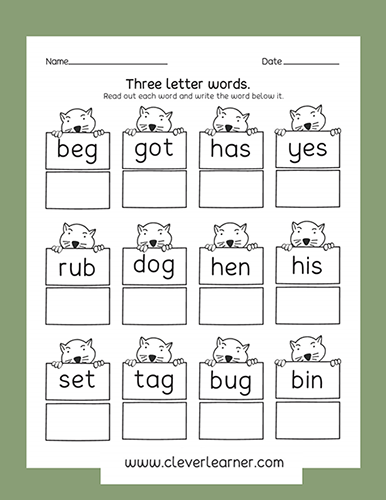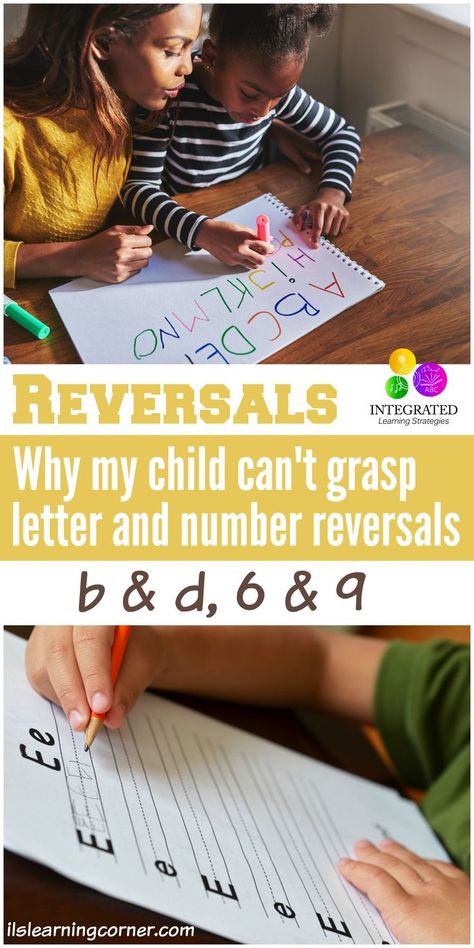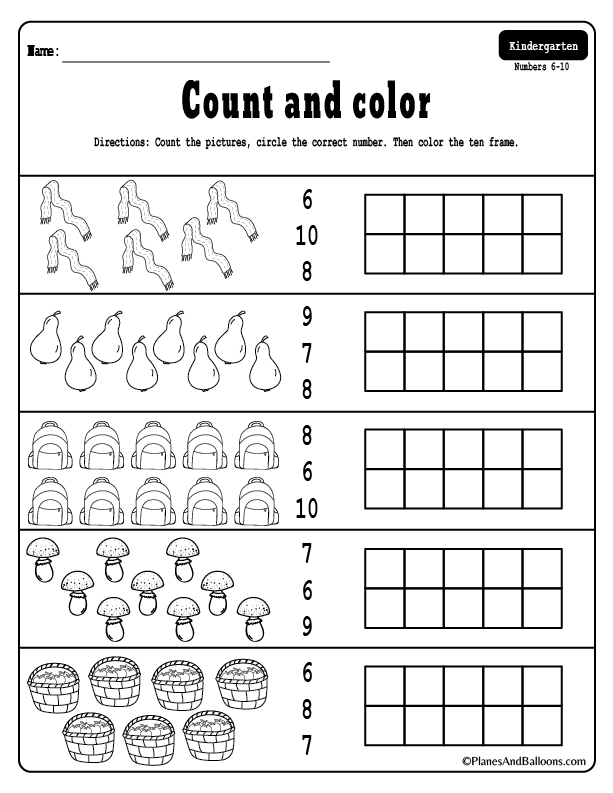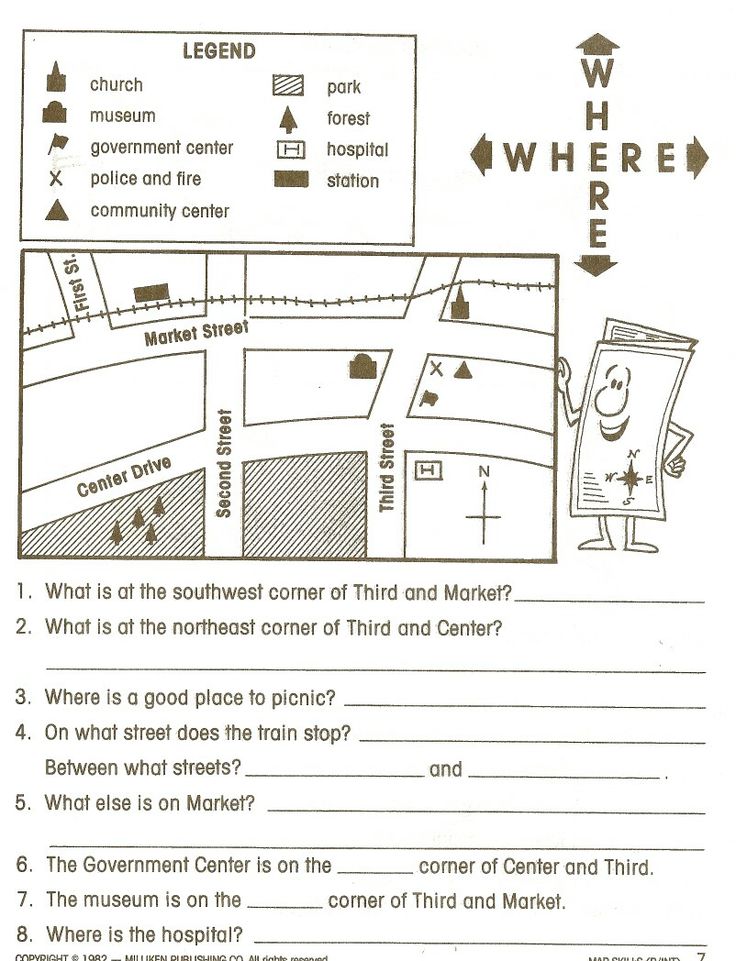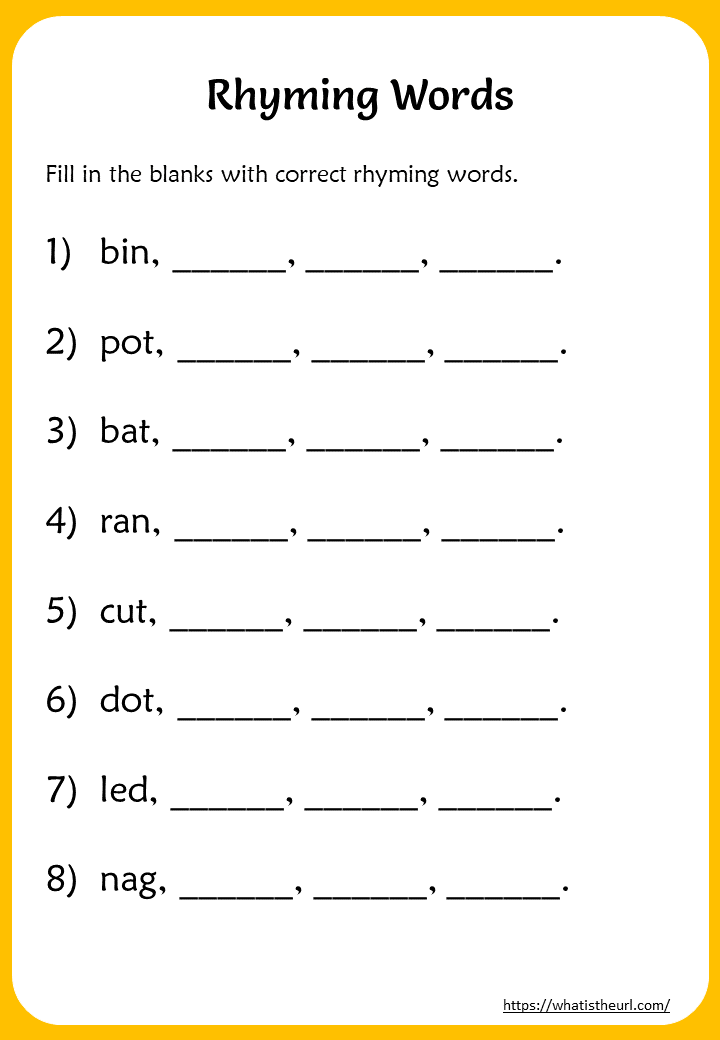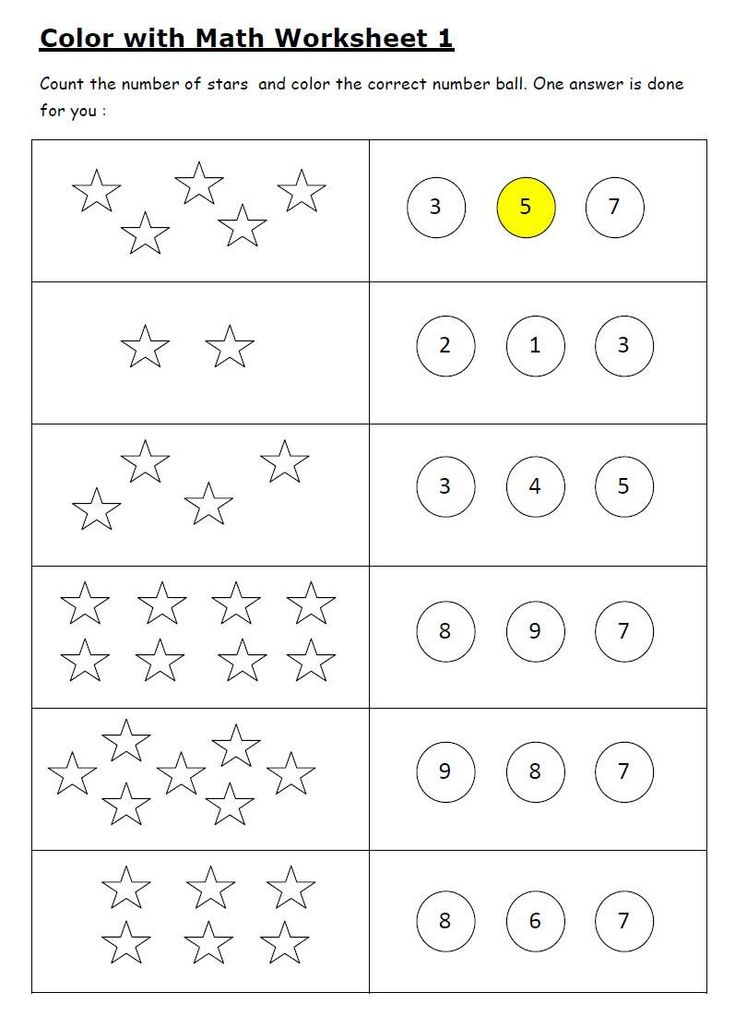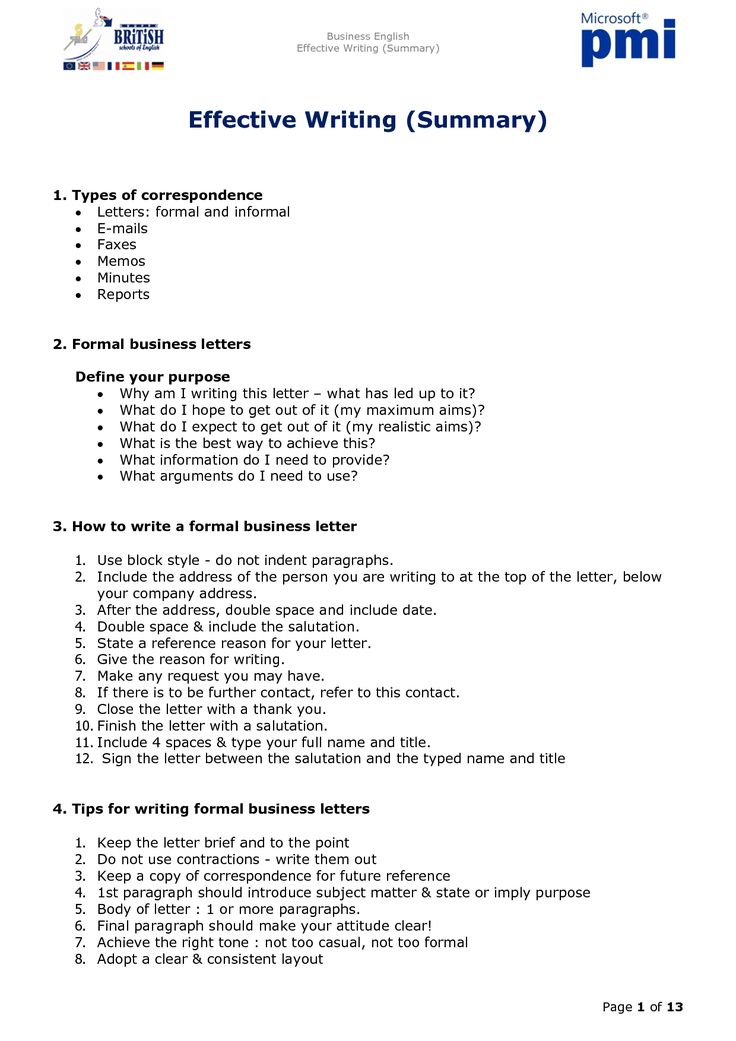Following instructions activities for kids
7 Core Following Directions Activities for Kids That'll Improve Listening
Inside: Quick and easy following directions activities for kids that will help them practice self-control, emotional regulation and improve listening skills.
There was a joke traveling around years ago from Carrie On Y’all that said, “Maybe if I start yelling ‘Get your shoes on!’ the night before, we could get to school on time the next day.”
Honestly, the struggle is real.
Kids need A LOT of practice to learn basic life skills.
Following directions activities can support better listening skills in your child.
Teaching kids to follow directions isn’t as simple as doing a listening activity for kids, watching fairy dust shower from above, and seeing your kids transform into magical listeners.
Several years ago I was getting ready to take my son to school. He insisted—like life or death insisted—that he needed to wear his green shoes.
So I helped him find his green shoes, laid them out on the floor, and then realized I made a horrible mistake.
He shook his head and said, “No green shoes, mom. Nooo!”
In exactly two minutes, the green shoes went from being my complaining child’s most prized possession to the most horrible and disgusting shoes one could don.
Related Posts:
- 2 year old not listening? Try this remarkable tip.
- 10 Totally Awesome Tricks for Independent Kids
Teaching kids to follow directions – let’s simplify.
1. Connection first. Attention follows.
A few brief moments using SAY WHAT YOU SEE®, where you describe what your child is thinking, doing, feeling or saying, makes a big difference. This is the building block of connection, and when kids feel connected to you, they are for more likely to cooperate.
It might sound something like, “You’re drawing a picture with big green squares and red lines.”
No brainer, right? And yet, I still find myself talking to my kids without taking a brief moment for connection.
Sharing a set of instructions before you briefly connect with your child is like speaking foreign language.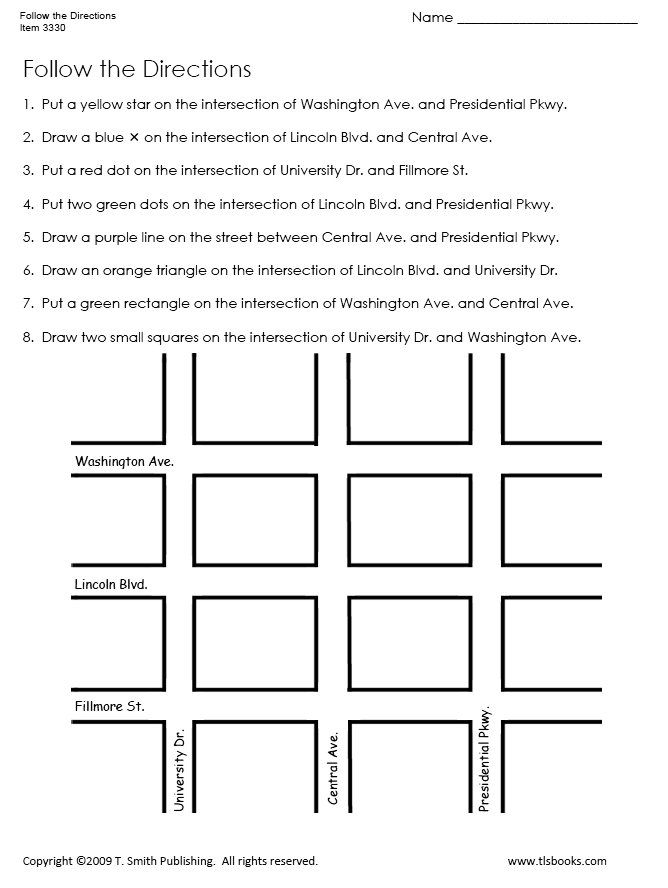 It can fall flat.
It can fall flat.
I know I have my child’s full attention when I have two things:
- Eye contact
- Eyes level (get down to the child’s level).
2. Be short and specific.
Kids tend to hear a lot of conversational white noise when adults are speaking to them. Say exactly what needs to be said for your child to follow your directions. Trim everything else out.
Instead of… “Hurry up. We gotta get out the door for this appointment. Get your coat lets go.”
Try… “Coat please.” Or, “You’re missing a coat.”
3. Use “wait time.”
This is a great strategy that I learned from a teacher. After giving a set of instructions to your kids, pause for 3-7 seconds to allow their brain to process and apply the information. Research shows kids are more likely to follow directions if you give them “wait time” or a hearty pause.
As adults, we are used to processing information much quicker, but kids…they take time.
Think of it this way:
Keeping realistic expectations and waiting is the difference between you giving up and throwing your tea in the air vs.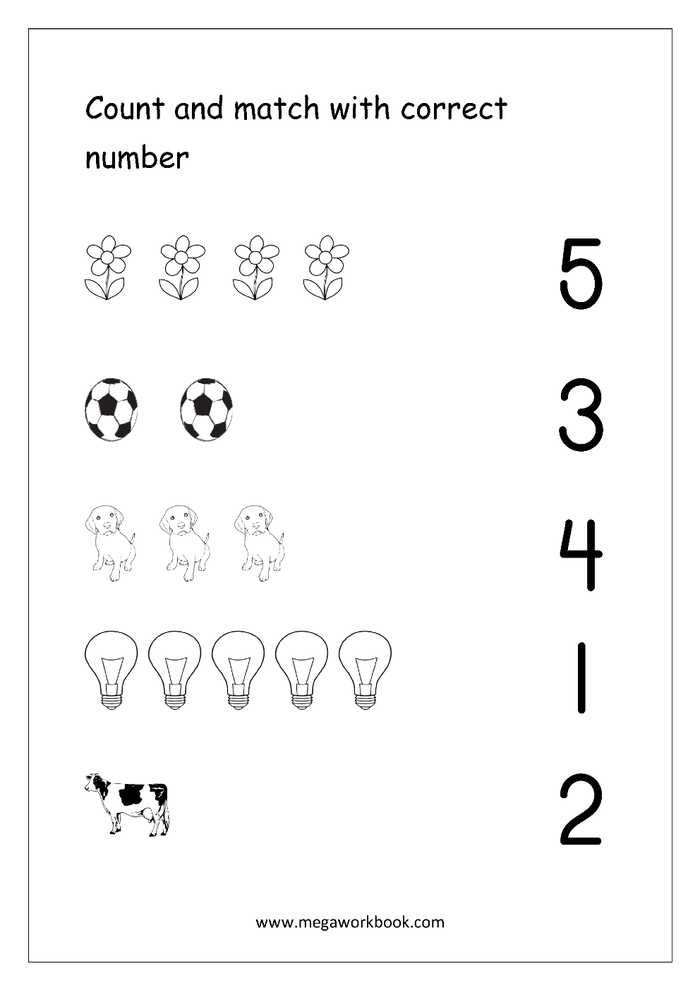 you calmly taking a sip of your tea while you employ “wait time.”
you calmly taking a sip of your tea while you employ “wait time.”
4. Unless you are offering a choice, don’t ask.
If your directions aren’t up for negotiation, keep that door firmly closed. Offering choices is a fabulous way to help end power struggles and enjoy a happier home.
But…everything in life is not always a choice. If you can’t offer a choice within a parental boundary you feel good about, give instructions as a statement, rather than a question.
Instead of… “Can you pick up your toys?”
Try… “I see toys on the floor and it’s time to leave.”
Or if you’d like to offer a choice, you can say something like, “I see blocks and dolls. Show me which one you want to put away first.”
5. Practice using following directions activities.
In order to build great listening skills, kids need a lot of practice…A LOT.
Which makes sense! I think we all can relate to needing a lot of practice before we can get good at anything. I could tell you a few stories about burnt dinner rolls for the past five years, but that’s a story for another day 🙂
Related:
- 50+ Best Simple Games for 2 Year Olds and Up
- The Ultimate List of Board Games for 2 Year Olds
7 core following directions activities for kids.
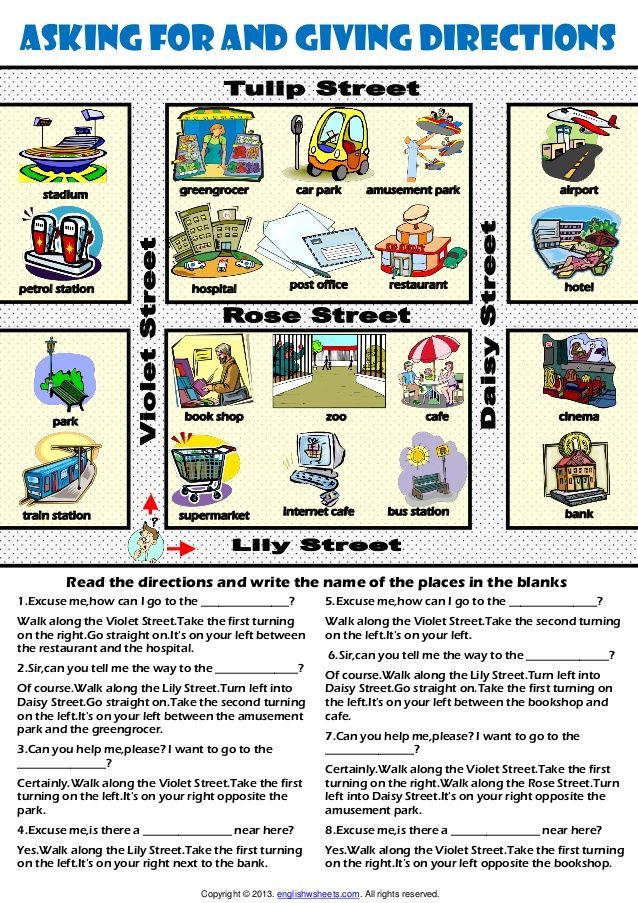
There are several good ‘ole fashioned standby games to play with kids to help them 1) Listen and hear what you are instructing and 2) Practice following the directions you shared.
1. Simon Says
One person is Simon or Elmo or Dora or Spiderman or Teacher or Whoever, and this person is the “leader.” Simon gives a set of instructions and everyone else follows. The person who doesn’t follow the instructions is “out.” And the person who follows the instructions throughout the game, wins Simon Says.
2. Red Light, Green Light.
One person is the leader who calls out “Red Light” or “Green Light.” When the leader calls out “Red Light,” everyone stops. When the leader calls out “Green Light,” everyone goes. Anyone who doesn’t stop or freeze during “Red Light” is out.
3. Follow the Leader.
Take a walk around your house or outside and whatever you (or the leader) does, everyone else must follow. This is a great game to allow your child to be the leader and have you follow your child.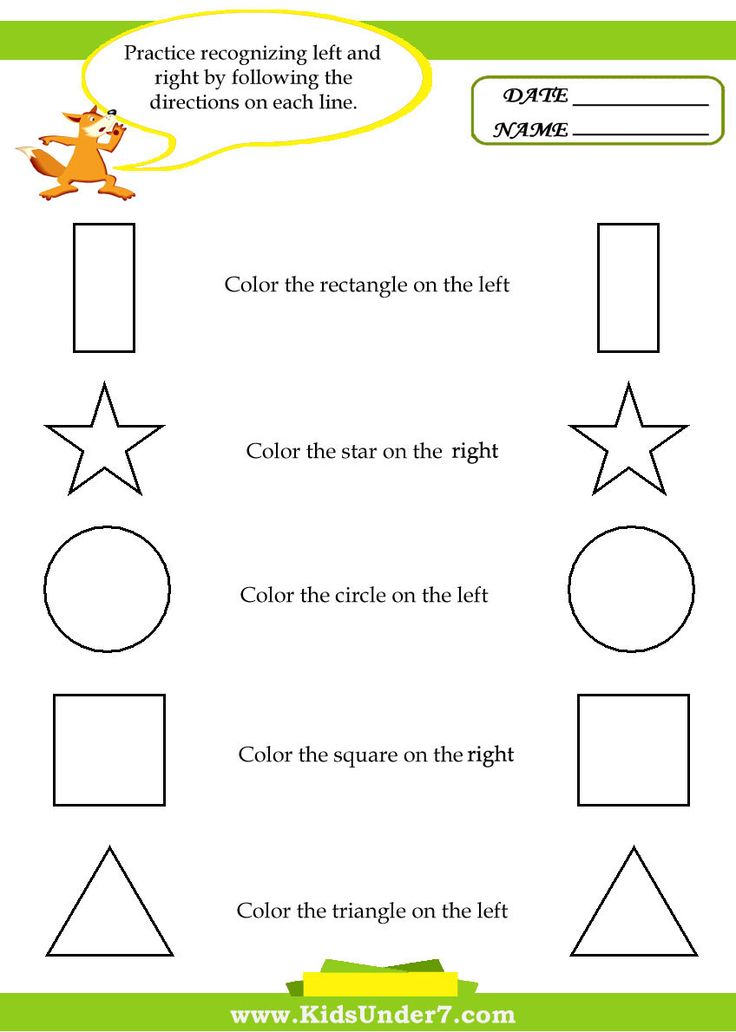 It’s a perfect opportunity to model following directions for your child!
It’s a perfect opportunity to model following directions for your child!
4. Map Game
Try this map game and help your kids work their way through the grid following the directions given. Practice counting and using the words left, right, forward, and backward.
5. Two-step direction games.
Do one of these 2-step direction games with your kids. This is perfect for preschoolers and above! Have your kids follow some of the 2-step directions throughout the day (e.g. Shake your head “yes” and then quack like a duck.) Brilliant!
6. Lego® Game
If you have kids who are old enough to play a board game, try this Lego Game to help your kids practice reading directions and following them.
7. Visual direction activities.
With kids, visual directions are so important! You can make life simpler and fun using visual directions for your kids, such as a printable daily schedule for kids.
- Bedtime routine cards
- Morning routine cards
- Mealtime routine cards
Using routines is a great way to support cooperation and help your kids learn to follow directions.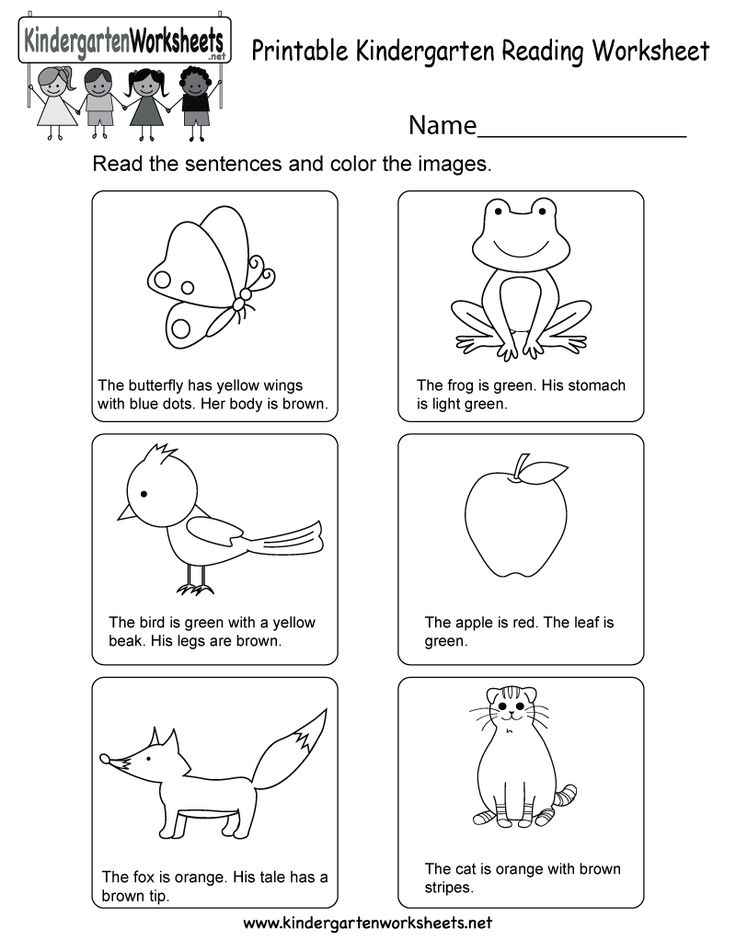
They are also energy saving, AND a great way to avoid yelling “Green shoes!” ten times every morning or “Eat your dinner!” six times every evening.
Grab your FREE Following Directions Checklist Here!
More popular parenting posts
- 2 Year Old Sleep Schedule to Help Kids Fall Asleep and Wake Happy
- Best Morning Routine Tips and Tricks Your Kids Will Actually Follow
- 3 Things Every Parent of a Strong Willed Toddler Should Know
- 50+ Outdoor Toys for Kids That’ll Bring Hours of Fun
- Best Summer Schedule for Kids That You Can Print and Use Daily
I've created a free email series just for you! If you are struggling with teaching your child to listen, this series will help transform your parenting. Yes, really. I've seen my proven strategies work time and time again for parents. I know it can work for you too.
After taking my free email series, you will:
- Learn simple, yet highly effective listening strategies
- Experience a stronger connection with your child
- Enjoy more peaceful parenting days
- Gain more cooperation from your child
Click here to sign up!
Are you new to this community? Start here, friend.
19 Activities for Middle School Students to Improve Following Directions
Whether 1-step directions or multi-step directions, students need practice and clear expectations. Students follow hundreds of directions every year at school and at home. In order to improve their ability to process oral directions and listening skills, you can incorporate fun activities into your school day.
Try some of these 19 activities and notice the difference you will see over a period of time, as students improve with following directions.
1. Science Experiments
Incorporate your school curriculum into teaching kids to follow directions. Using science experiments in your school setting will improve academics, engage students, and strengthen students' following directions skills and abilities.
Learn More: Moms
2. Learn to Code
Further developing science skills and learning to code are beneficial for so many reasons.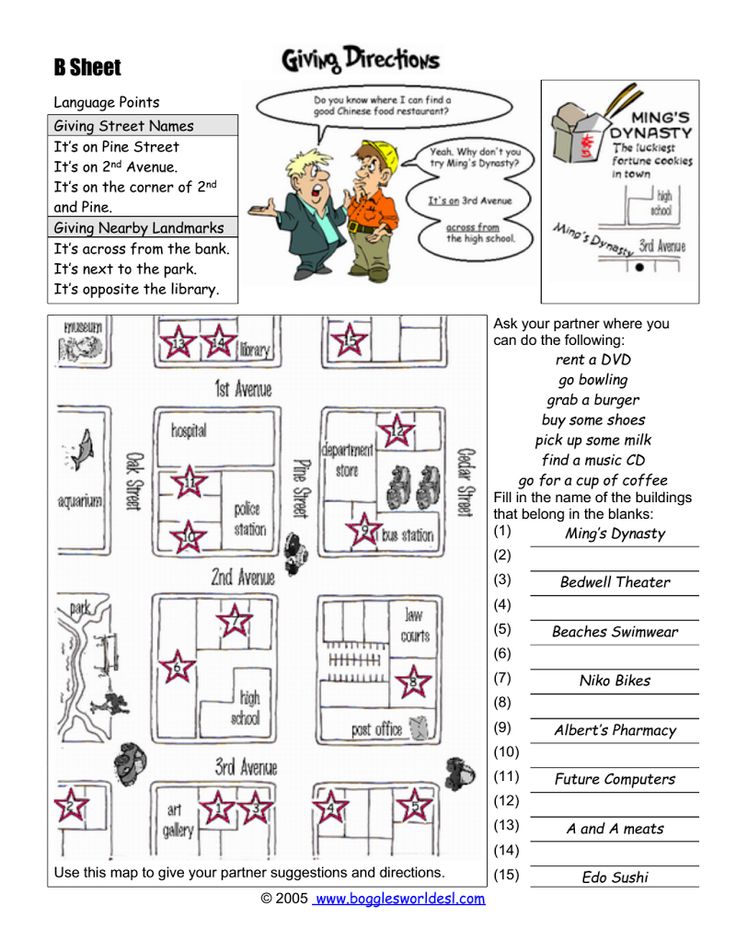 In addition to helping students learn computer science skills, they can also work on fine motor skills and improve following directions skills. Coding is ideal and appropriate for all grade levels.
In addition to helping students learn computer science skills, they can also work on fine motor skills and improve following directions skills. Coding is ideal and appropriate for all grade levels.
Learn More: Teach Your Kids Code
3. Following Direction Logic Puzzle
This worksheet takes on the form of a riddle or secret code to be solved. For students who need a break from screen time, let them try to decipher the code by solving the riddles. The following directions worksheet is a good way to also encourage critical thinking and problem-solving skills.
Learn More: Centervention
4. Paper Folding Activity
Simple instructions will be easy to follow and form a unique craft! This activity uses multi-step directions to have students create a paper masterpiece. Students will need to pay attention to directions and details to be successful in this awesome activity.
Learn More: Speech Snacks
5.
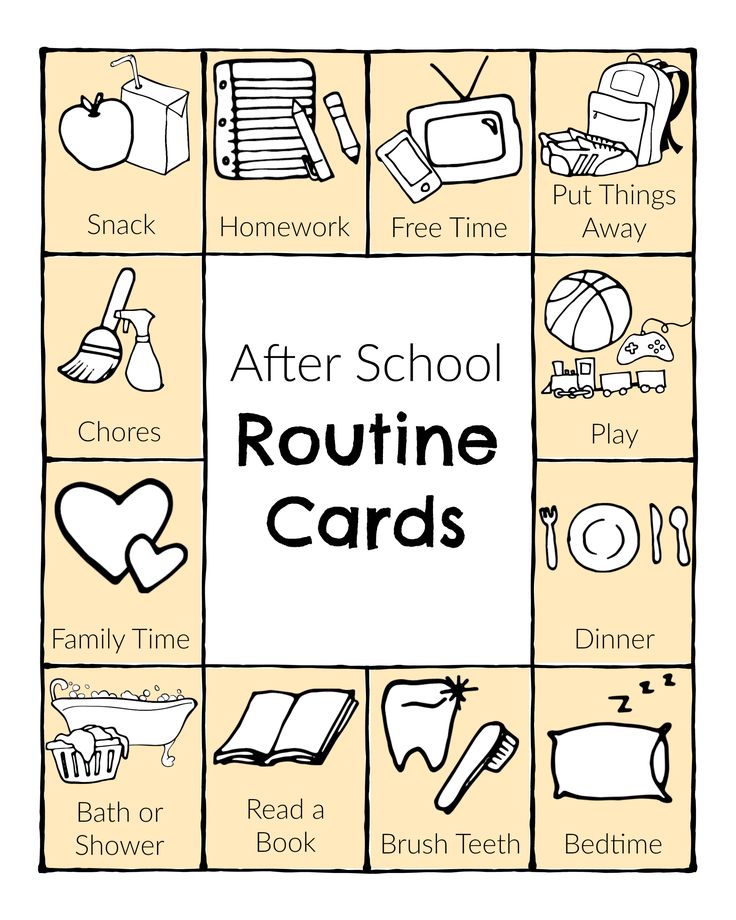 Boat Craft
Boat Craft This fun and challenging activity allows some creative freedom but requires multi-step directions as well. This activity is great for upper elementary teachers or middle school teachers to use with their students.
Learn More: Pedia Staff
6. Building From Scratch
This activity will require key listening skills. Teaching students to make something with their hands is a great way to improve following directions. This is ideal for motor skills as well. Students may have a harder time working with their hands, so making the teacher aware of expectations is key.
Learn More: Moms
7. Coloring Worksheets
Giving the child directions for this printable activity is key. Lists of directions are included for students to read themselves or for the teacher to call out to them. Precise directions will help students know when to do each step in the process.
Learn More: Tam Aqua K12
8.
 Summer Olympics Following Directions Game
Summer Olympics Following Directions Game This adorable summer Olympics game is great for following directions. Perfectly themed activity sheets are designed for listening activities that focus on teaching students 1-step directions, 2-step sequential directions, and even 3-step sequential directions.
Learn More: Speech Time Fun
9. Leaf Craft
This leaf craft is a perfect hands-on activity for teaching students the importance of following directions. As they listen and perform each task in each step, students' following directions skills will improve with practice.
Learn More: Inspontaneous Speech
10. Following Directions Map
These easily printable maps are easy to use. There are several themes to choose from. Each is accompanied by a list of instructions. Students can read them or listen as teachers read them aloud.
Learn More: Making Learning Fun
11.
 Star Wars Directions Game
Star Wars Directions Game Fun games, like this Star Wars following directions game, are great for helping students practice how to properly follow directions. This interactive game allows students to work within groups and collaborate and interact with others.
Learn More: Teach This
12. Glyphs
Glyphs are a fantastic resource for upper elementary and middle school students who need to practice following directions. Students will use white drawing paper to draw a picture, based on listening to directions and using what applies to them individually.
Learn More: Teach With Me
13. Before and After Statements
These before and after statements are great for older kids. This is a way to let students interact in groups and follow directions. On slips of paper, you will write in events and use them to complete this activity.
Learn More: Miss Barrett Speech Language
14.
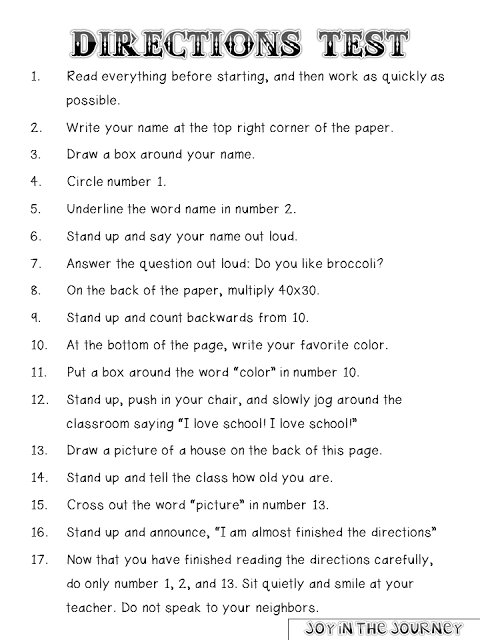 Listening Skills Holiday Sheet
Listening Skills Holiday Sheet These printable worksheets will be helpful for children with language skills needing improvement or for students to practice following directions. They are holiday themed and ideal for key listening skills and multi-step directions.
Learn More: Resources From Rachel
15. Can You Follow Directions Quiz Sheet
This fun quiz-type sheet is helpful in assessing how well students follow directions. This is a great way to see if they can follow targeted directions and if not, where the breakdown occurs so you will know what to work on.
Learn More: The Worksheets
16. Following Directions: Directions Sheet
This directions sheet is a breakdown of 4-step directions. Each section requires students to look ahead to see what to do, when to do it, and how to do it. They are working to follow directions in each step.
Learn More: The Worksheets
17.
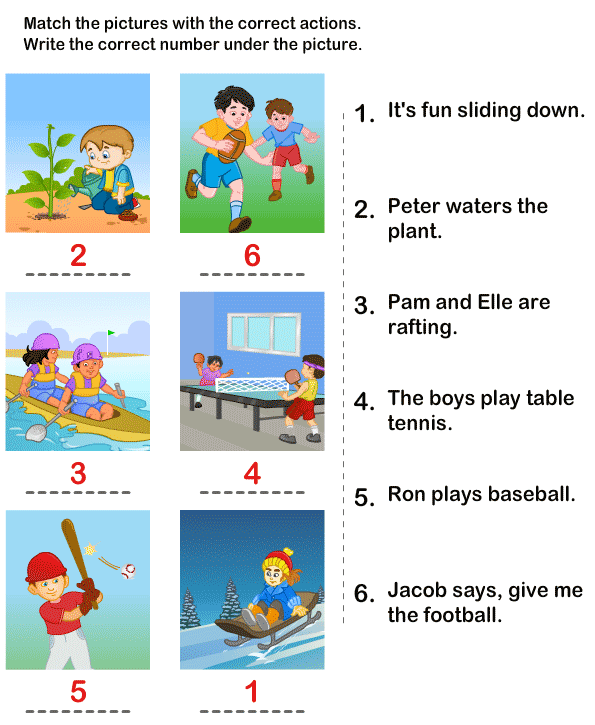 Relay Races
Relay Races Relay races get students up and moving. Teachers can customize this activity to get students to practice following directions in a nontraditional way. Students can follow directions and work with their teams to see who can win each challenge.
Learn More: Mr Physed
18. Following Direction Worksheet
This following directions activity is good for working on following directions and literal directions. Students can cut and place items in places, dependent on prepositional directions. This is especially good for bilingual students.
Learn More: The Worksheets
19. Paper Airplanes
Constructing paper airplanes is fun and ideal for practicing following directions.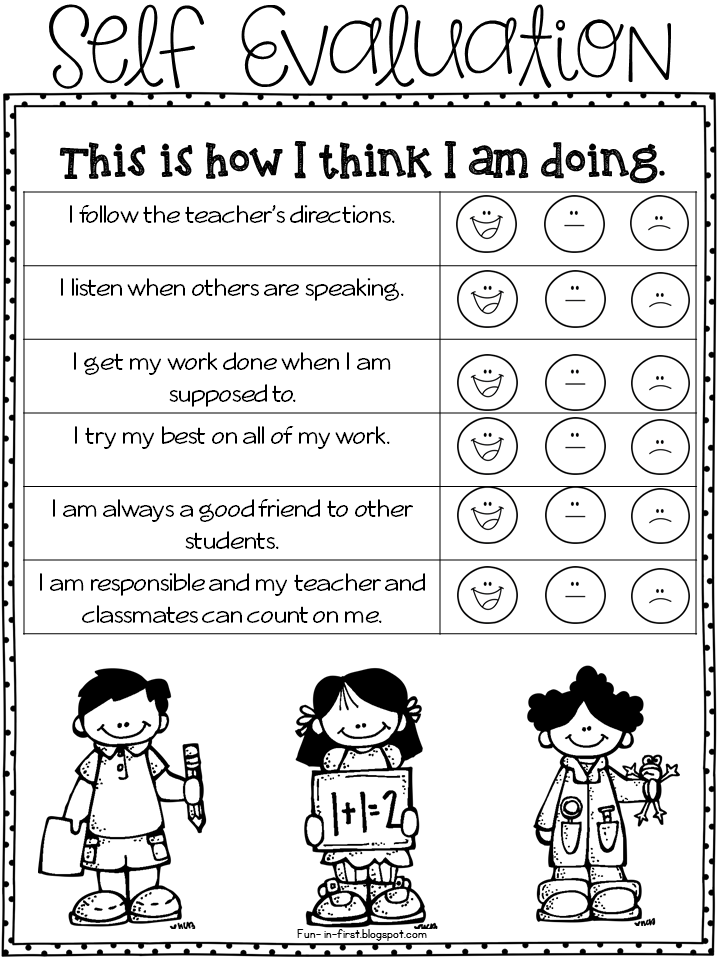 Let students use a template and guide for directions or orally tell them what to do. Either way, they will get good practice and finish with a nice end result.
Let students use a template and guide for directions or orally tell them what to do. Either way, they will get good practice and finish with a nice end result.
Learn More: Speech Snacks
I. GENERAL PROVISIONS \ ConsultantPlus
- Main
- Documents
- I. GENERAL PROVISIONS
Resolution of the Government of the Russian Federation of 06.02.2010 N 63 (as amended on 03/26/2022) "On approval of the Instruction on the procedure for admitting officials and citizens of the Russian Federation to state secrets"
I. GENERAL PROVISIONS
1. This Instruction, developed in accordance with the legislation of the Russian Federation on state secrets, determines the procedure for admitting officials and citizens of the Russian Federation (hereinafter referred to as citizens) to state secrets and the forms of accounting documentation required for obtaining such access , according to the application.
The provisions of this Instruction are obligatory for implementation by state bodies, local governments and organizations that perform work related to the use of information constituting a state secret, or intend to obtain, in accordance with the established procedure, a license for the right to carry out such work (hereinafter referred to as organizations), citizens, who have assumed obligations or are obliged by their status to comply with the legislation of the Russian Federation on state secrets.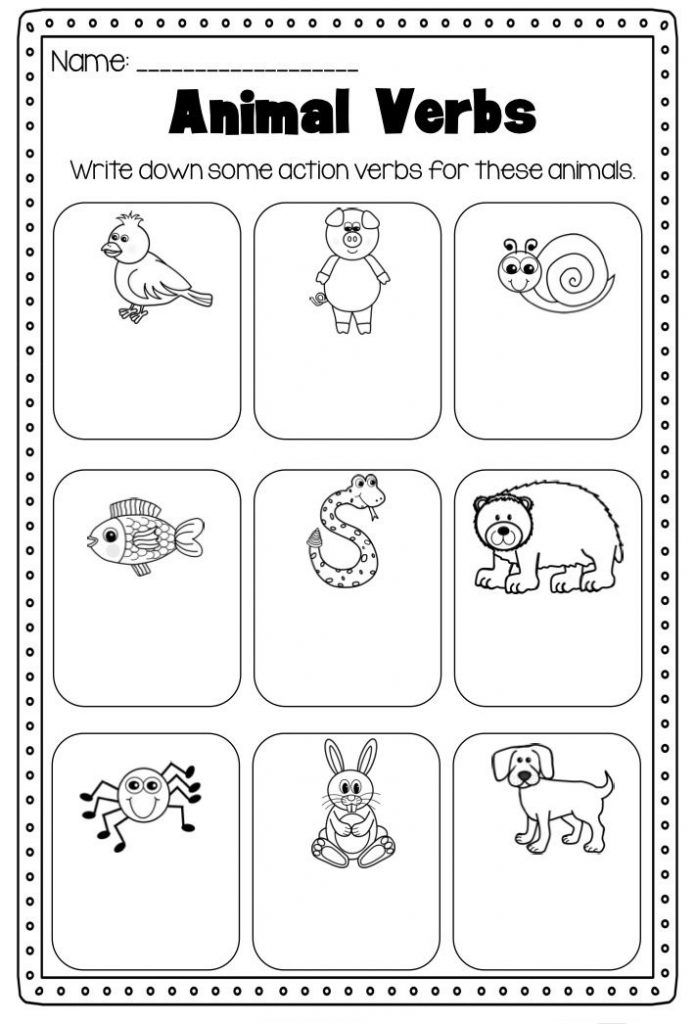
2. State bodies empowered to dispose of information classified as state secrets, as well as the State Corporation for Atomic Energy "Rosatom" and the State Corporation for Space Activities "Roskosmos" may adopt, taking into account the specifics of the tasks they solve, departmental instructions regulating the procedure access of citizens to state secrets in these state bodies and these state corporations in agreement with the federal executive body authorized in the field of security, unless otherwise provided by regulatory legal acts of the President of the Russian Federation.
(as amended by Decrees of the Government of the Russian Federation of November 1, 2012 N 1123, of March 18, 2016 N 214)
(see the text in the previous edition)
information constituting a state secret" - familiarization of a specific employee with information constituting a state secret authorized by an authorized official;
"close relatives" - wife (husband), father, mother, children, adoptive parents, adopted, full-blooded and half-blooded (having a common father or mother) brothers and sisters;
"permanent residence abroad" - residence of citizens outside the Russian Federation for more than 6 months during the year, not related to the performance of their duties in public service;
"number of access to state secrets" - the number of the mark on the conduct of verification activities, affixed by the security authorities, and when obtaining access to state secrets without conducting verification activities by the security agencies - the number of the corresponding certificate or the account number of the card (form 1).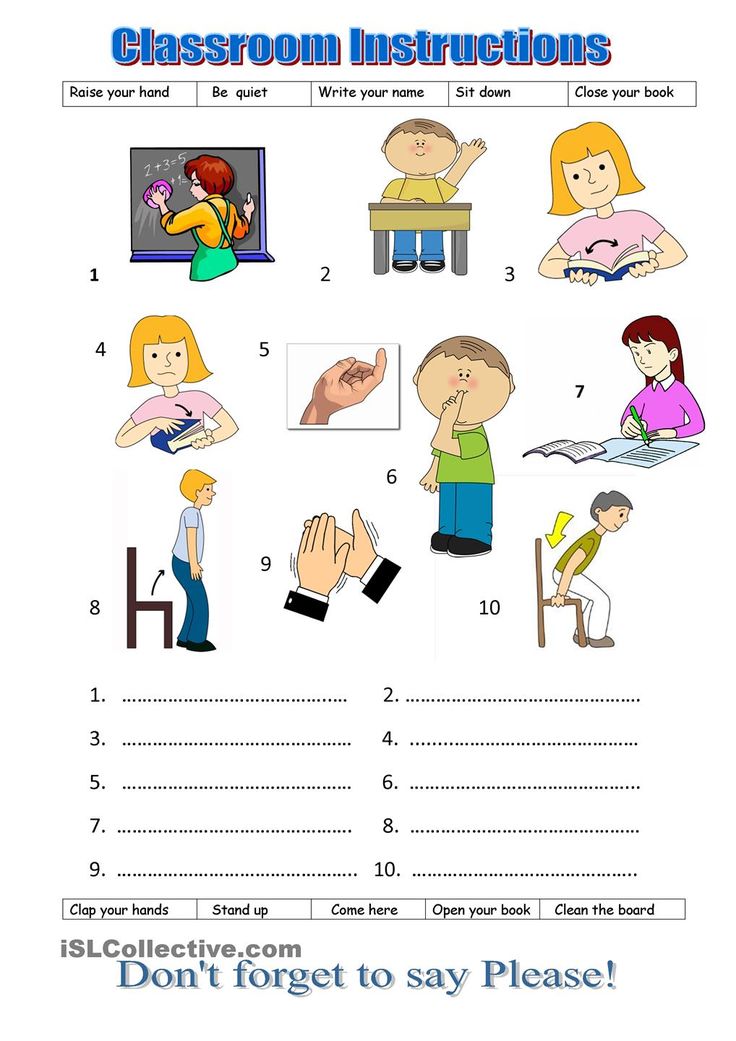
4. In accordance with the degree of secrecy of information constituting a state secret, the following forms of admission of citizens to state secrets are established:
the first form - for citizens admitted to information of particular importance;
second form - for citizens admitted to top secret information;
third form - for citizens admitted to secret information.
Citizens' access to information constituting a state secret is permitted only if they have access to state secrets in the appropriate form. The fact that citizens have access to information of a higher degree of secrecy is the basis for their access to information of a lower degree of secrecy.
5. Registration of access to state secrets for citizens is carried out at the place of work (service).
Registration of access to state secrets for citizens who are in the reserve and enter military service under a contract or are subject to conscription for military service (including mobilization), for military training, as well as citizens who are not in the reserve and are subject to conscription for military service military service, who require access to state secrets for the performance of official duties, is carried out by military commissariats at the place of military registration of these citizens.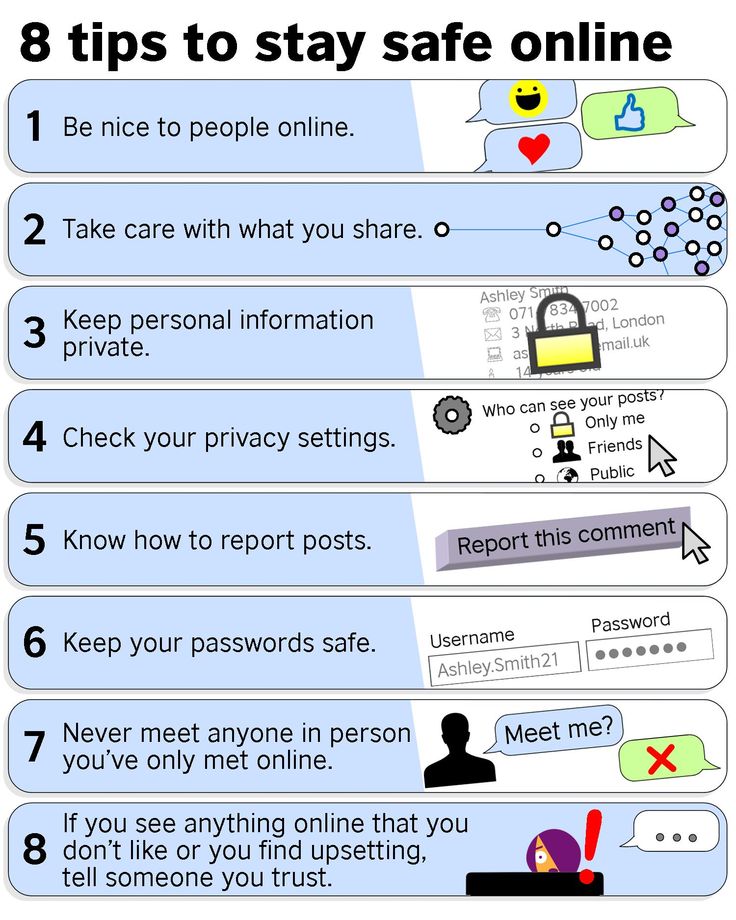
6. If the nature of the performed official (special, functional) duties provides for access to information constituting a state secret, citizens can be appointed to these positions only after obtaining a permit to state secrets in the appropriate form.
7. Citizens' access to state secrets provides for:
a) assuming obligations to the state for non-dissemination of information entrusted to them constituting state secrets;
b) written consent to partial, temporary restrictions on their rights in accordance with Article 24 of the Law of the Russian Federation "On State Secrets";
c) a written consent to conduct verification activities in respect of them by the authorized bodies;
d) determining the types, amounts and procedure for providing social guarantees provided for by the legislation of the Russian Federation;
e) familiarization with the norms of the legislation of the Russian Federation on state secrets, providing for liability for its violation;
f) the head of the organization makes a decision (in writing) on the admission of a citizen being registered to information constituting a state secret.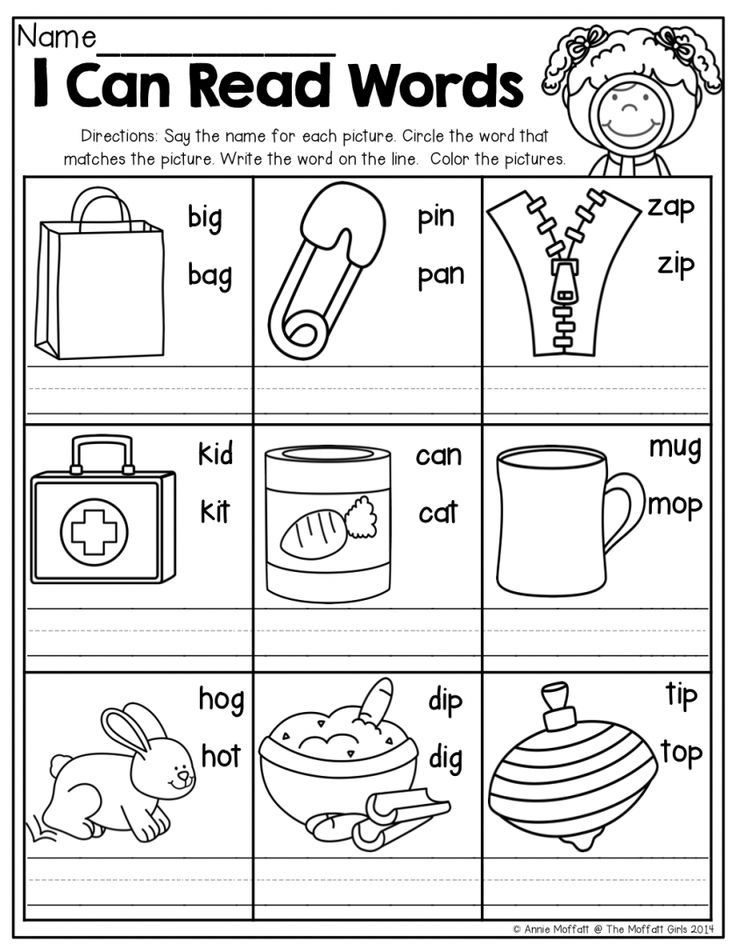
8. Verification activities related to the registration of citizens' access to state secrets are carried out by security agencies at the location of organizations, their territorially separate subdivisions.
Verification activities related to the issuance of access to state secrets for employees and citizens employed (work) in the federal executive body authorized in the field of foreign intelligence are carried out by the specified federal executive body in cooperation with the federal executive body authorized in security areas.
9. Citizens' access to state secrets under the third form is issued without security agencies carrying out verification activities. If there are doubts about the authenticity of personal data provided by citizens, the head of the organization may, in the prescribed manner, send materials to the security agency for verification activities.
Heads of organizations, employees of their structural subdivisions for the protection of state secrets, as well as persons who are entrusted with the performance of the functions of structural subdivisions for the protection of state secrets, are granted access to state secrets with security agencies carrying out verification activities.
The security authorities, in agreement with the organizations concerned, determine the organizations in which access to state secrets under the third form is issued with the conduct of verification activities by the security authorities.
10. The obligations of citizens to the state to comply with the requirements of the legislation of the Russian Federation on state secrets, with whom an employment agreement (contract) is concluded, are reflected in the employment agreement (contract), and the obligations of citizens with whom an employment agreement (contract) is not concluded are formalized in the form of a receipt (the approximate content of obligations is presented in form 2).
11. Senators of the Russian Federation, deputies of the State Duma of the Federal Assembly of the Russian Federation, judges for the period of exercising their powers, as well as lawyers participating as defenders in criminal proceedings in cases related to information constituting state secrets, are allowed to access information, constituting a state secret, without carrying out the verification measures provided for in Article 21 of the Law of the Russian Federation "On State Secrets".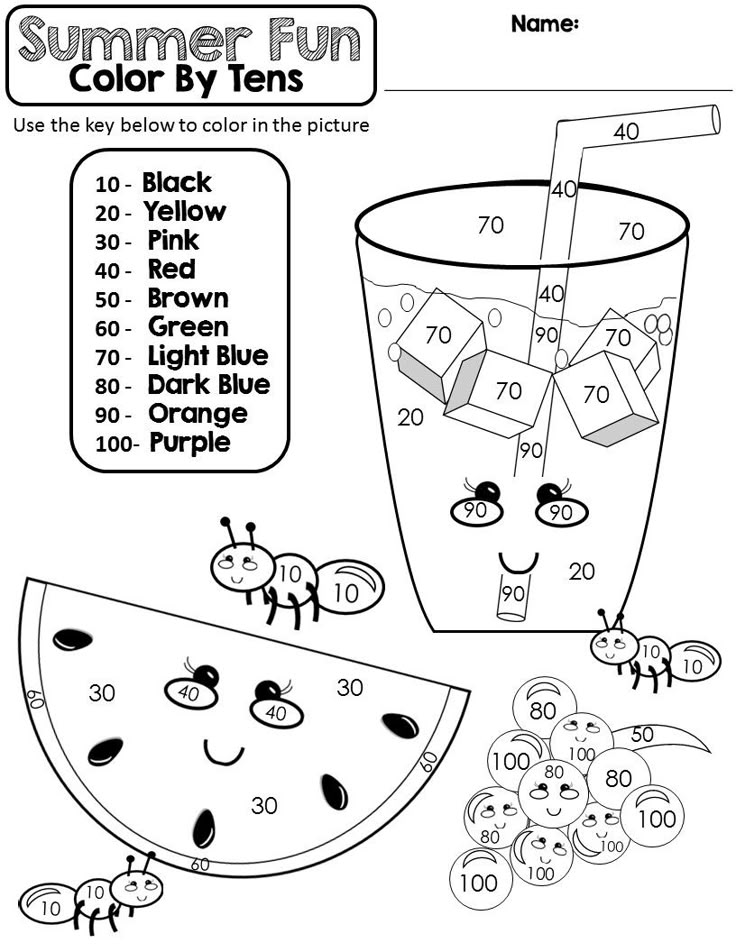
(as amended by Decree of the Government of the Russian Federation of October 20, 2021 N 1793)
(see the text in the previous edition)
them to liability in case of its disclosure, about which they take the appropriate receipt.
12. Grounds for denying a citizen access to state secrets may be:
negligence, a crime against state power or an intentional crime, the presence of an outstanding or unexpunged conviction for these crimes, the termination of his criminal case (criminal prosecution) on non-rehabilitating grounds, if the term has not expired from the date of termination of such a criminal case (criminal prosecution), equal to the statute of limitations for criminal liability for these crimes;
(clause "a" as amended by Decree of the Government of the Russian Federation of April 19, 2019 N 468)
(see the text in the previous edition)
b) the citizen has medical contraindications for working using information constituting a state secret, according to the list approved by the federal executive body authorized in the field of healthcare and social development;
c) permanent residence of himself and (or) his close relatives abroad and (or) registration by the said citizens of documents for leaving for permanent residence in other states;
d) detection, as a result of verification activities, of actions of a citizen that pose a threat to the security of the Russian Federation;
e) evasion of a citizen from verification activities and (or) communication of deliberately false personal data.
13. The decision on admission to state secrets is made:
a) in respect of citizens who are in the reserve and are subject to conscription for military service for mobilization or military training, - by the military commissar;
b) in relation to the heads of state bodies and state organizations - by those who appointed them to the respective positions;
c) in relation to the heads of non-governmental organizations - the head of the organization - the customer of the work using information constituting a state secret.
14. Registration of access to state secrets specified in subparagraphs "b" and "c" of paragraph 13 of these Instructions is carried out by the organization, the official of which makes a decision on admission to state secrets. A letter certified by the seal of the organization (if there is a seal) that issued the access to state secrets is sent to the organization whose head has access to state secrets, which indicates the date of completion of verification activities, the form and number of access to state secrets, the name of the security body that conducted verification activities, and the date of the decision on admission to state secrets.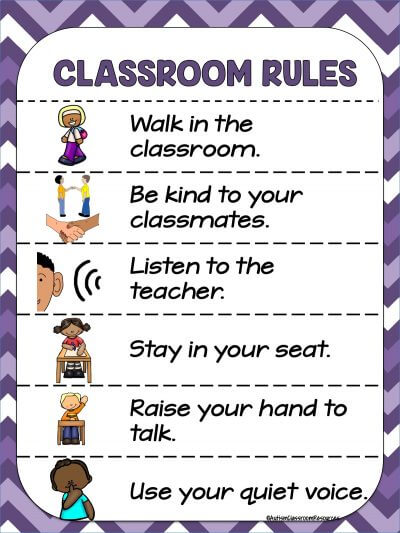
(as amended by Decree of the Government of the Russian Federation of December 29, 2016 N 1549)
(see the text in the previous edition)
secret, in the event of:
a) termination of an employment agreement (contract) with him in connection with organizational and (or) staff events;
b) a single violation by him of obligations related to the protection of state secrets;
c) the occurrence of circumstances that, in accordance with paragraph 12 of these Instructions, are grounds for refusing a citizen access to state secrets.
16. The decision to terminate access to state secrets may be appealed by a citizen to a higher organization or to a court.
17. Termination of access to state secrets does not release a citizen from his obligations to not disclose information constituting a state secret.
18. Heads of organizations are personally responsible for the selection of citizens admitted to state secrets.
Comments on article
Sample: Supplementary agreement to the employment contract on obtaining access to state secrets
Instruction on the procedure for admitting officials and citizens of the Russian Federation to state secrets II.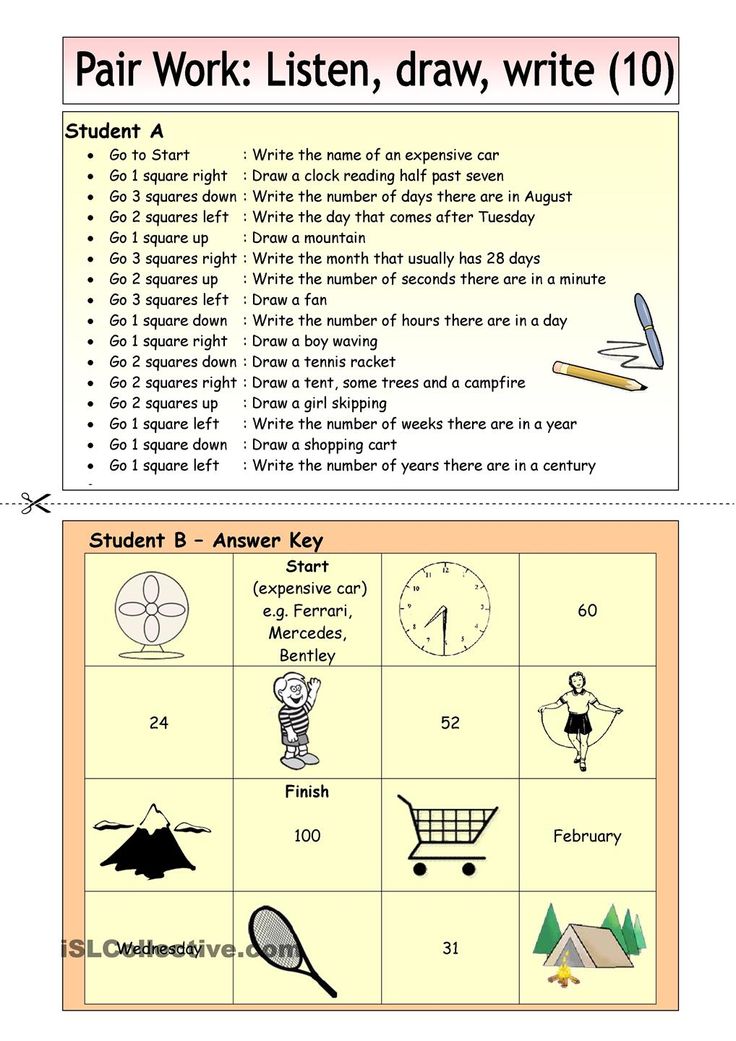 The procedure for obtaining admission to state secrets
The procedure for obtaining admission to state secrets
Instructions for organizing the activities of temporary centers for minor offenders
is registered with the Ministry of Justice of the Russian Federation December 5, 2012
Registration N 26012
In order to improve the activities of temporary maintenance centers for minor offenders -
1. Approve the Instruction on organizing the activities of temporary detention centers for juvenile offenders. 90 010 Federation to ensure the study and implementation of the requirements of this order.3. Ministers of Internal Affairs in the republics, heads of main departments, departments of the Ministry of Internal Affairs of Russia in other constituent entities of the Russian Federation, provide support for operational-search activities in temporary detention centers for juvenile offenders to prevent, detect and disclose crimes committed by minors and in relation to them.
4.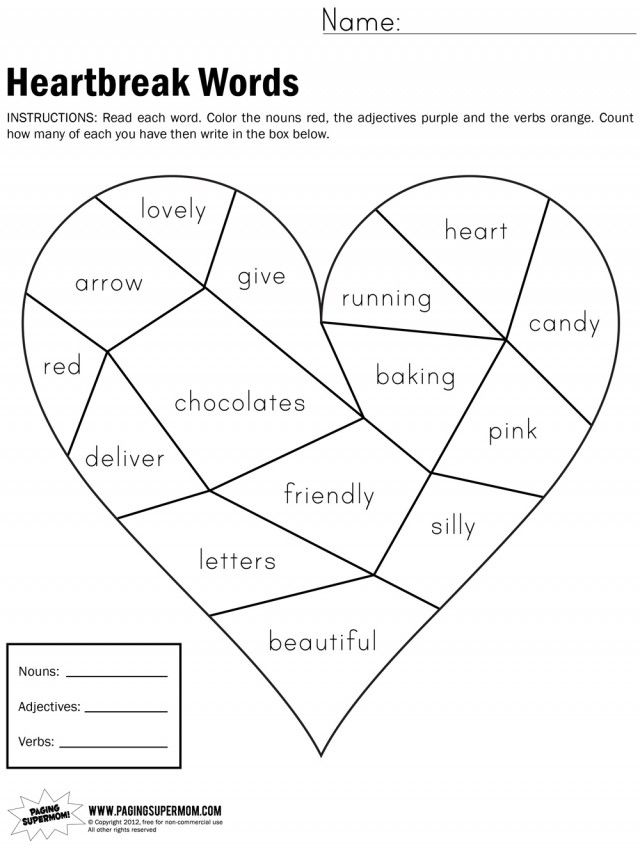 To consider invalid the orders of the Ministry of Internal Affairs of Russia dated April 2, 2004 N 215 1 , dated October 18, 2005 N 835 2 , dated August 30, 2006 N 690 3 .
To consider invalid the orders of the Ministry of Internal Affairs of Russia dated April 2, 2004 N 215 1 , dated October 18, 2005 N 835 2 , dated August 30, 2006 N 690 3 .
5. To impose control over the implementation of this order on the Deputy Ministers, who are responsible for the relevant areas of activity.
Minister Lieutenant-General of Police V. Kolokoltsev
1 Registered with the Ministry of Justice of Russia on August 10, 2004, registration N 5964.
2 registered in the Ministry of Justice of Russia on November 8, 2005, registration N 7144.
3 registered in the Ministry of Justice of Russia on September 15, 2006, registration N 8271.
Instruction for the organization of centers of centers. temporary detention for juvenile offenders
I. General provisions
1. This Instruction regulates the activities of temporary detention centers for juvenile offenders - structural divisions of the territorial bodies of the Ministry of Internal Affairs of Russia at the regional and district levels 1 for the reception and temporary detention of juvenile offenders, for individual preventive work and their further arrangement 2 .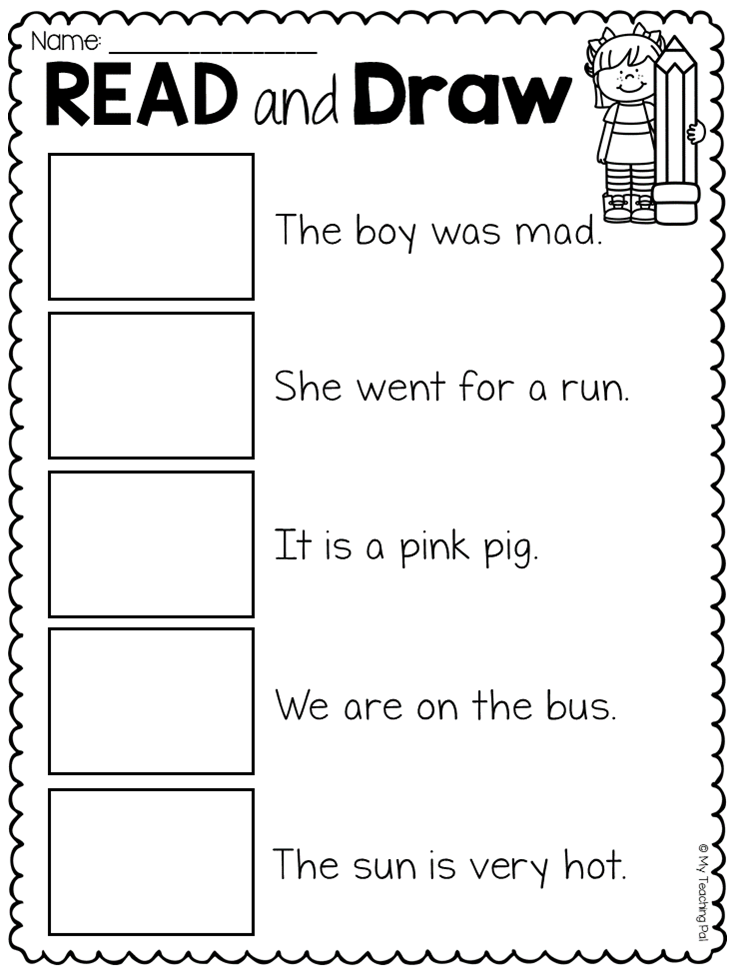
2. TsVSNP in their activities are guided by the Constitution of the Russian Federation, generally recognized principles and norms of international law, international treaties of the Russian Federation, federal constitutional laws, federal laws of February 7, 2011 N 3-FZ "On Police" 3 , dated June 24 1999 N 120-FZ "On the basics of the system for the prevention of neglect and juvenile delinquency" 4 , other federal laws and regulatory legal acts of the Russian Federation, laws of the constituent entities of the Russian Federation on the protection of public order and ensuring public safety, issued within their competence , regulatory legal acts of the Ministry of Internal Affairs of Russia, as well as this Instruction.
3. The activities of the TsVSNP are managed by:
3.1. At the regional level - deputy chiefs of police (for the protection of public order) of the ministries of internal affairs in the republics, main departments (departments) of the Ministry of Internal Affairs of the Russian Federation for other subjects of the Russian Federation.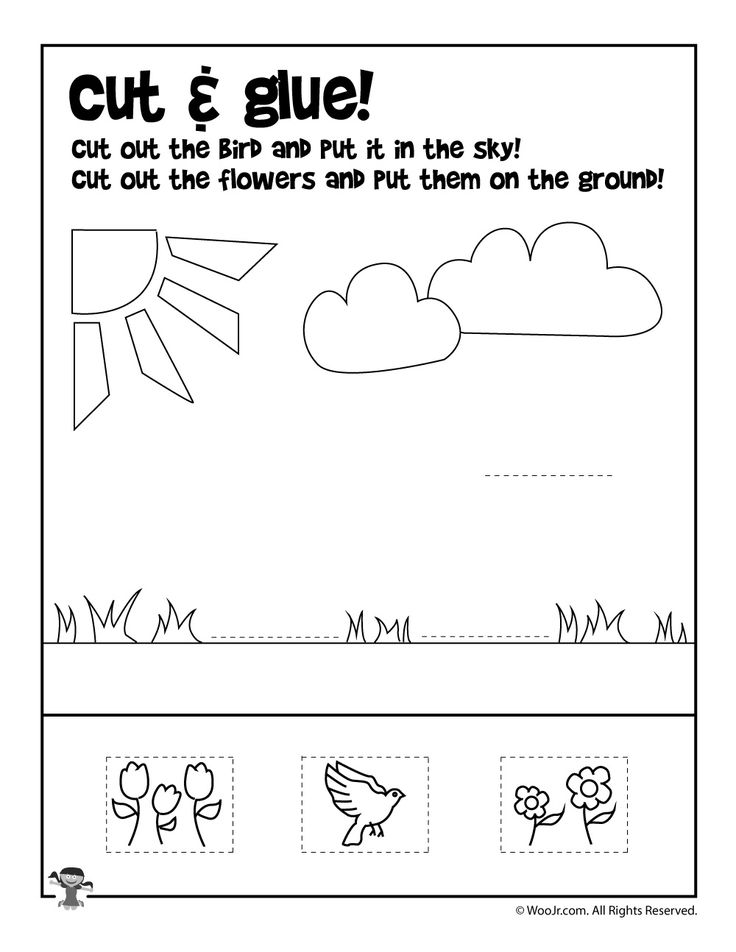
3.2. At the district level - deputy chiefs of police (for the protection of public order) of departments (departments) of the Ministry of Internal Affairs of the Russian Federation for municipalities, including several municipalities.
4. Therapeutic and preventive and anti-epidemic work in the TsVNS is organized and carried out in accordance with the legislation of the Russian Federation on health care.
5. Material and technical support for the activities of the TsVSNP is carried out in accordance with the procedure established by the legislation of the Russian Federation and acts of the Ministry of Internal Affairs of Russia.
6. The organization of operational-investigative activities in the TsVSNP for the prevention, detection and disclosure of crimes committed by minors and against them is assigned to the criminal investigation units of the territorial bodies of the Ministry of Internal Affairs of Russia at the regional and district levels and is carried out by them in accordance with the legislation of the Russian Federation and acts of the Ministry of Internal Affairs of Russia.
7. Office work and measures to maintain secrecy are carried out independently by the CVSNP in accordance with the procedure established by the legislation of the Russian Federation and acts of the Ministry of Internal Affairs of Russia.
8. TsVSNP interact with territorial bodies of federal executive authorities, executive authorities of constituent entities of the Russian Federation, as well as with other state bodies, with local governments, public associations and organizations, regardless of their organizational and legal form and form of ownership, and also with bodies and institutions of the system for the prevention of neglect and juvenile delinquency.
9. TsVSNP, in accordance with the procedure established by acts of the Ministry of Internal Affairs of Russia, are provided with operational and technical means, cars, furniture, inventory and other property.
II. Main tasks
10. The main tasks of the TsVSNP include:
10.1.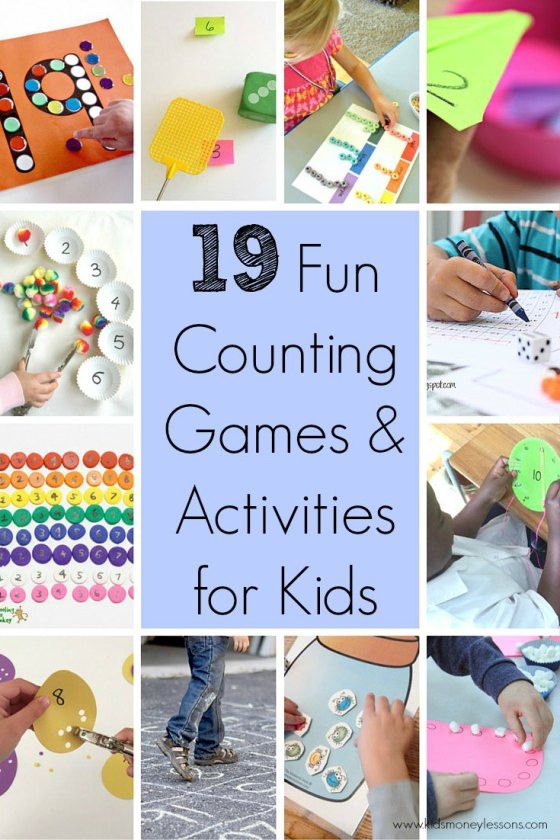 Ensuring round-the-clock reception and temporary detention of juvenile offenders in order to protect their life, health and prevent re-offending.
Ensuring round-the-clock reception and temporary detention of juvenile offenders in order to protect their life, health and prevent re-offending.
10.2. Carrying out individual preventive work with delivered minors, identifying among them persons involved in the commission of crimes and socially dangerous acts, as well as establishing the circumstances, causes and conditions conducive to their commission, informing the relevant internal affairs bodies and other interested bodies and institutions about this.
10.3. Delivery of minors to special educational and educational institutions of a closed type, as well as the implementation, within their competence, of other measures for the placement of minors held in the TsVNS.
III. Reception, registration and registration of juveniles delivered to the Central Airborne Compensation Center
11. Admission of juvenile delinquents to the Central Airborne Supervision Service is carried out around the clock.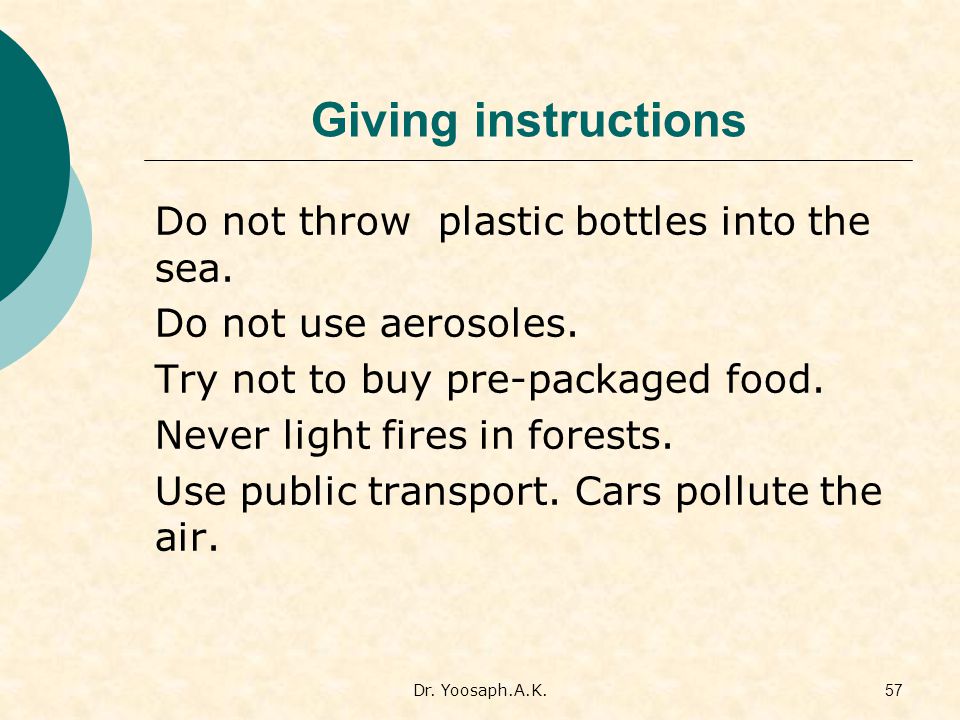
12. Juveniles specified in paragraph 2 of Article 22 of the Federal Law "On the Fundamentals of the System for the Prevention of Neglect and Juvenile Delinquency" may be placed in the TsVNSNP.
13. The grounds for the placement of minors in the TsVSNP are provided for in paragraph 3 of Article 22 of the Federal Law "On the Fundamentals of the System for the Prevention of Neglect and Juvenile Delinquency".
14. Minors, the categories of which are listed in subparagraphs 3-6 of paragraph 2 of Article 22 of the Federal Law "On the Fundamentals of the System for the Prevention of Neglect and Delinquency of Minors", in accordance with paragraph 4 of Article 22 of the Federal Law "On the Fundamentals of the System for the Prevention of Neglect and Delinquency of Minors" may be placed in the TsVSNP for a period of not more than 48 hours on the basis of a resolution (Appendix No. 1 to this Instruction) of the head of the internal affairs bodies or an authorized employee of the internal affairs bodies filling positions, the list of which is approved by the Minister of Internal Affairs of the Russian Federation.
CVSNP, as well as daily inspections of the territories of the CVSNP, sleeping, household, other premises and the property located in them, about which the relevant acts are drawn up (Appendices No. 2 and No. 10 to this Instruction).
16. Personal belongings (money, currency of foreign countries, securities, identity documents, cameras, photo, audio, video materials, audio and video recording equipment, communication equipment, electrical household and optical devices, medicinal substances, items of medical appointments and other things not withdrawn from circulation or not limited in circulation in accordance with the legislation of the Russian Federation) in accordance with the established procedure shall be handed over to the official of the TsVSNP responsible for their storage and stored until the expiration of the term for keeping minors.
17. In the event that minors are brought to the TsVNS, whose identity has not been established, the officials of the TsVNS take measures to identify the identities of the brought minors.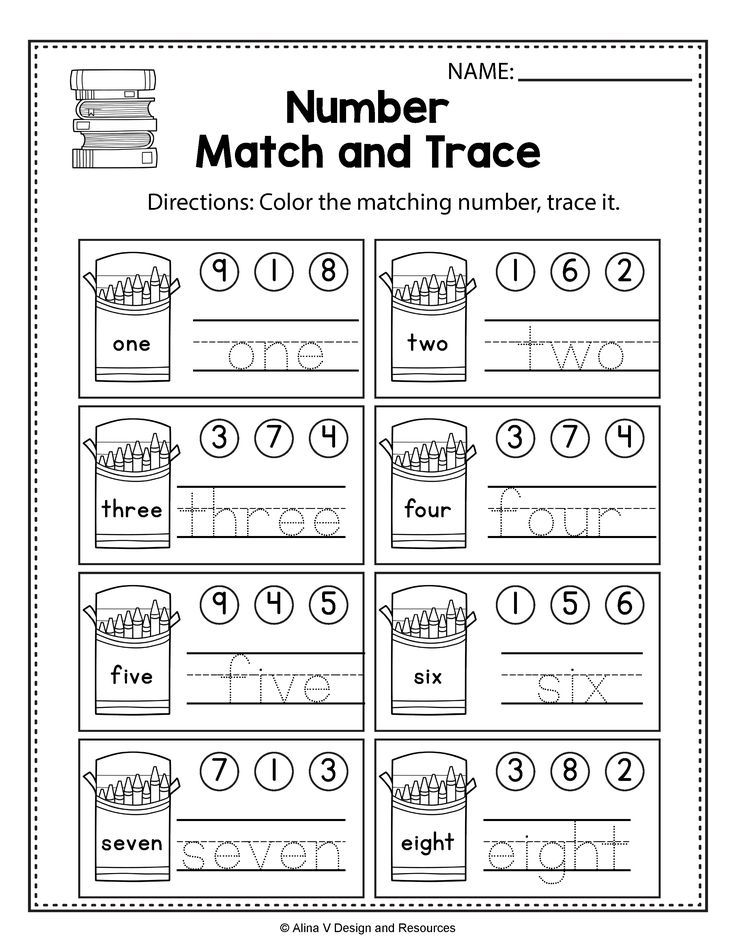
To this end, the officials of the TsVSNP:
identify the circumstances of the detention of minors delivered, their route, mode of transport, places of possible residence, sources and means of subsistence, as well as other circumstances that are important for establishing their identity;
make a description of the appearance using the verbal portrait method, organize photographing of minors (front, both profiles), and also make a description of clothes and other things they have;
organize referral for age determination to medical organizations of the state or municipal health care system at the location of the CVSNP of minors whose identity has not been established;
transferred immediately to the operational duty officer of the territorial body of the Ministry of Internal Affairs of Russia at the district level at the place of deployment of the TsVSNP or at the place of his detention for taking measures provided for by the legislation of the Russian Federation, in cases where it is established that he has reached 18 years of age;
within 24 hours after the identification of the minor, inform the relevant territorial bodies of the Ministry of Internal Affairs of Russia, interested bodies and public organizations about his location in writing, and immediately notify the parents or other legal representatives of the minor by telephone conversations or through the territorial bodies of the Ministry of Internal Affairs of Russia at the place of residence minor;
in the absence of information about parents or other legal representatives, within three days from the date of placement of minors in the TsVSNP, a notification is sent to the guardianship and guardianship authority at the last place of residence of minors.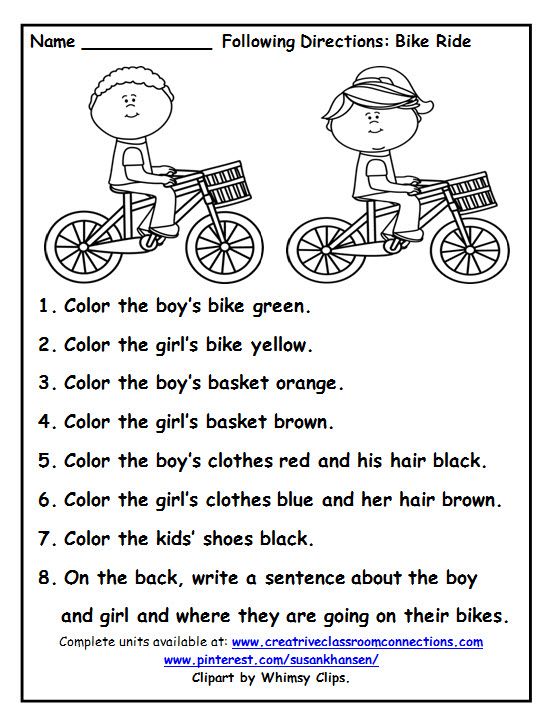
18. Minors placed in the TsVSNP are registered in the registers of minors delivered to the TsVNS (Appendix No. 3 to this Instruction), with registration and statistical cards filled in on them (Appendix No. 4 to this Instruction).
19. Registration and statistical cards for minors held in the TsVSNP are stored in alphabetical order. After the departure of minors, registration and statistical cards are placed in the archive part of the CVSNP card index, where they are stored until the minors reach the age of 18.
20. Accounting and statistical files are opened for minors placed in the TsVSNP (Appendix No. 5 to this Instruction), which contains the following documents:
20.1. Judgment of the court or its copy.
20.2. Judge's decision or a copy thereof.
20.3. Resolution of the head of the department (department) of the territorial body of the Ministry of Internal Affairs of Russia at the district level or his deputy, the head of the department (department, point) of the police or his deputy as part of the territorial body of the Ministry of Internal Affairs of Russia at the district level, the head of the linear department of the Ministry of Internal Affairs of Russia for rail, water and air transport or his deputy, the head of the line department of the Ministry of Internal Affairs of Russia for railway, water and air transport or his deputy, the head of the line department (department, point) of the police as part of the line department of the Ministry of Internal Affairs of Russia for railway, water and air transport or his deputy on the placement of a minor in the TsVSNP .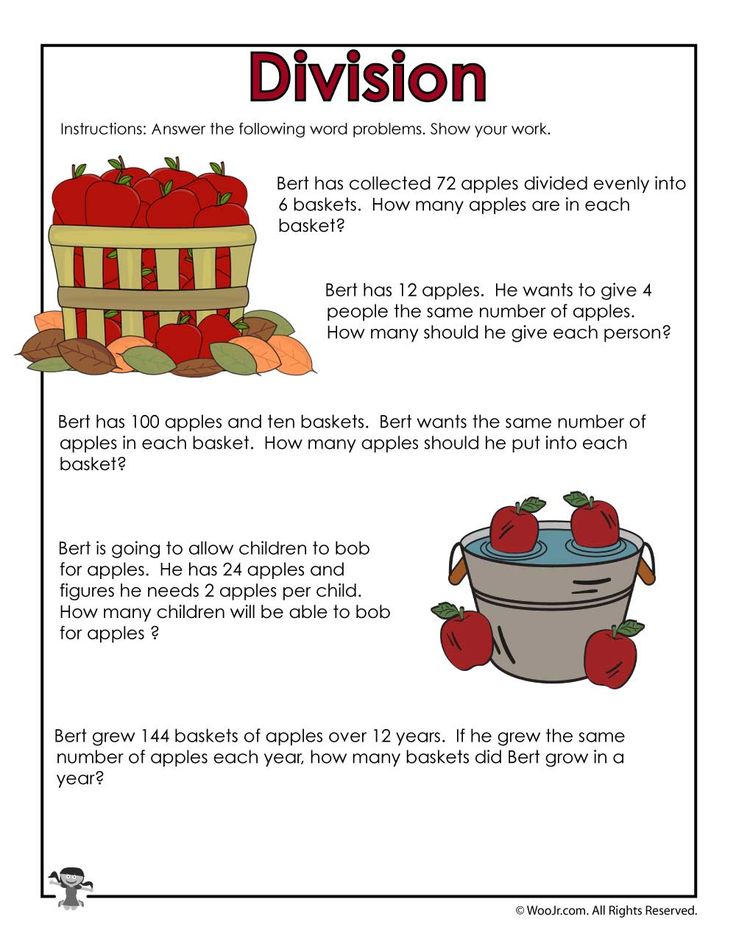
20.4. Questionnaire (Appendix No. 6 to this Instruction).
20.5. The act of personal inspection.
20.6. Minor explanation.
20.7. Materials about the conducted individual preventive measures.
20.8. Information on the application of incentives or penalties to minors.
20.9. Information about the age of delivered.
20.10. Verbal portrait of a minor.
20.11. Information about the minor's parents or other legal representatives.
20.12. The conclusion of the psychologist on the results of the examination of the minor and recommendations for further work with him.
20.13. Photos of a minor.
20.14. Documents that served as the basis for the release of a minor from the TsVSNP.
Documents of accounting and statistical files are stapled, numbered, their inventory is compiled and subject to storage. Also, the specified information is entered into the automated information retrieval systems of the Ministry of Internal Affairs of Russia.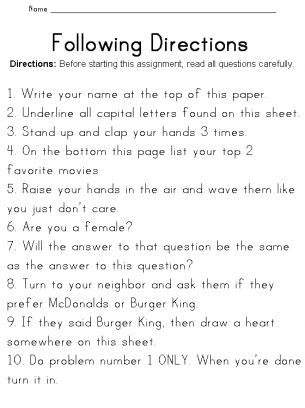
When minors leave the TsVSNP, copies of psychologists' reports with recommendations on the forms and methods of preventive work are sent to the territorial bodies of the Ministry of Internal Affairs of Russia and the commission for minors and the protection of their rights at their place of permanent residence.
IV. Term of detention of minors in the TsVSNP
21. In accordance with paragraph 6 of Article 22 of the Federal Law "On the Fundamentals of the System for the Prevention of Neglect and Juvenile Delinquency", minors may stay in the TsVNS for the minimum time necessary for their placement, but not more than 30 days.
In exceptional cases, the period of stay of minors in the TsVNS can be extended on the basis of a judge's decision for a period of up to 15 days, which does not include:
the quarantine period declared by the health authority or health care institution;
the period of illness of minors, which is confirmed by a healthcare institution and prevents them from returning to their families or being sent to appropriate institutions;
the time of consideration of a complaint or protest of a prosecutor against a court verdict or a judge's decision to place minors in a special educational institution of a closed type.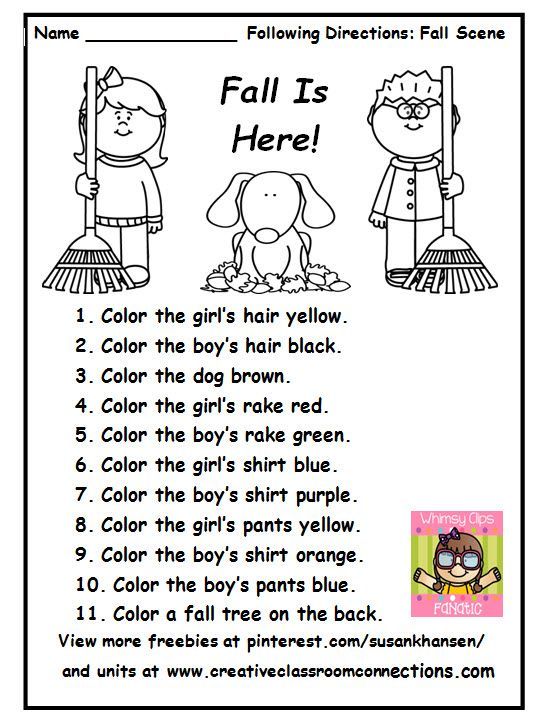
22. Responsibility for violation of the period of detention of minors in the TsVNS lies with the officials of the bodies and institutions through whose fault the said violation was committed.
23. The preparation of materials on the extension of the period of detention of minors in the TsVNP is assigned to the heads of the TsVNP or their deputies. The necessary materials are submitted to the court no later than 24 hours before the expiration of the term for the detention of minors in the CVSNP.
V. Detention of minors in the TsVNP
24. Minors placed in TsVNS enjoy the rights provided for by paragraph 2 of Article 8 of the Federal Law "On the Fundamentals of the System for the Prevention of Neglect and Juvenile Delinquency".
25. Minors, depending on gender, age and the degree of public danger of their behavior, are placed in separate sleeping quarters, which are equipped with furniture and equipment in accordance with the orders of the Ministry of Internal Affairs of Russia.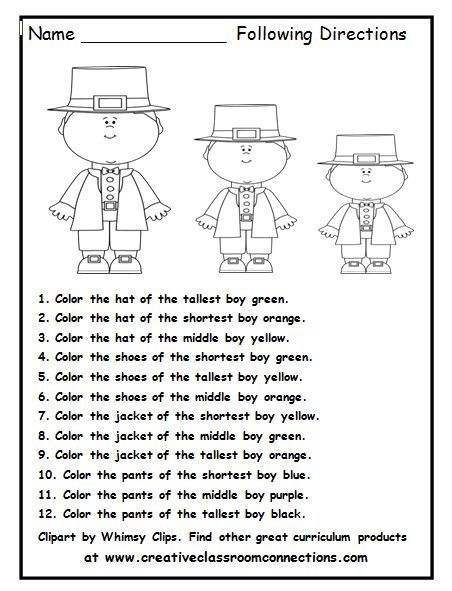
26. The schedule of the day is drawn up taking into account the round-the-clock stay of minors in the TsVNS, separately for study time and vacation time.
27. The educational process is organized according to the program of a general education school in accordance with the Law of the Russian Federation of July 10, 1992 N 3266-I "On Education" 5 .
28. The regime for keeping minors in the TsVNP is provided by officials of the TsVNP.
29. Juveniles are under round-the-clock supervision by officials of the TsVNS in conditions that exclude the possibility of unauthorized leaving and committing an offense.
VI. Individual preventive work in TsVSNP
to apply effective preventive measures, individual preventive work is carried out during the entire time of stay at the TsVNS.
31. In order to increase the effectiveness of individual preventive work, the heads of the TsVSNP may orally or in writing apply to minors the penalties provided for in Article 8. 1 of the Federal Law "On the Fundamentals of the System for the Prevention of Neglect and Juvenile Offenses."
1 of the Federal Law "On the Fundamentals of the System for the Prevention of Neglect and Juvenile Offenses."
32. In order to prevent delinquency among minors, to establish the circumstances, causes and conditions conducive to their commission, officials of the TsVSNP:
32.1. Find out the living conditions and upbringing of minors in the family; their personal qualities, interests, reasons for the unauthorized termination of work, study, leaving the family, educational institution; shortcomings in the activities of organizations and educational institutions that contribute to the commission of offenses.
32.2. They interact with employees of the criminal investigation departments, take measures to establish the facts of the involvement of minors in criminal and other antisocial activities, the commission of crimes against minors and other unlawful acts, the persons who committed them.
32.3. Immediately report by report to their immediate supervisors on the identification of persons involved in the commission of crimes, or other circumstances relevant to their disclosure.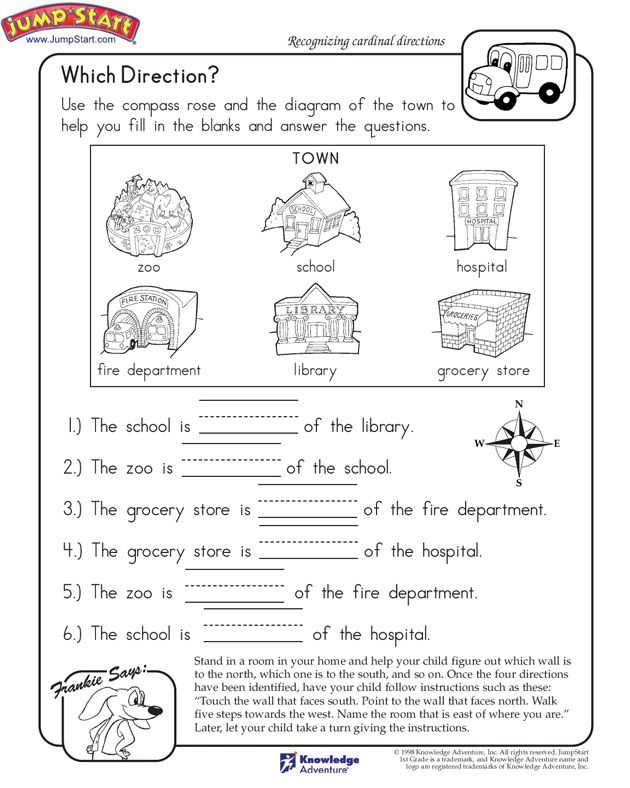
The information received is subject to registration in the manner prescribed by the Administrative Regulations of the Ministry of Internal Affairs of the Russian Federation for the provision of public services for the receipt, registration and resolution in the territorial bodies of the Ministry of Internal Affairs of the Russian Federation of applications, messages and other information about crimes, administrative offenses, incidents, approved by order of the Ministry of Internal Affairs of Russia dated March 1, 2012 N 140 6 .
32.3. They carry out individual preventive measures with minors who are in the TsVNS, paying special attention to the development of positive inclinations and interests, the elimination of shortcomings in behavior, familiarization with study and work.
32.4. Inform interested bodies and institutions about the causes and conditions of neglect and juvenile delinquency and make appropriate proposals for their elimination, as well as on the organization of education, leisure and labor education of children and adolescents in the TsVNS, providing them with assistance in household and labor arrangements.
VII. Placement of minors
33. Minors with parents or other legal representatives are returned to their families accompanied by officials of the TsVSNP or transferred to their parents or other legal representatives who have arrived for them.
34. In the event that the return of minors to their former place of residence is impossible due to the lack of appropriate conditions for their further education or other reasons, the officials of the TsVSNP report this to the commission for minors and the protection of their rights under the executive authorities of the constituent entities of the Russian Federation and local self-government, to the guardianship and guardianship authorities at the former place of residence of minors to resolve the issue of their household and work arrangements.
35. In the event that minors were not employed within the established period of their stay in the TsVNP, the heads of the TsVNP or their deputies inform the commissions for minors and the protection of their rights under the executive authorities of the constituent entities of the Russian Federation and local self-government and guardianship and guardianship at the places of deployment of the TsVSNP to further resolve the issue of their organization.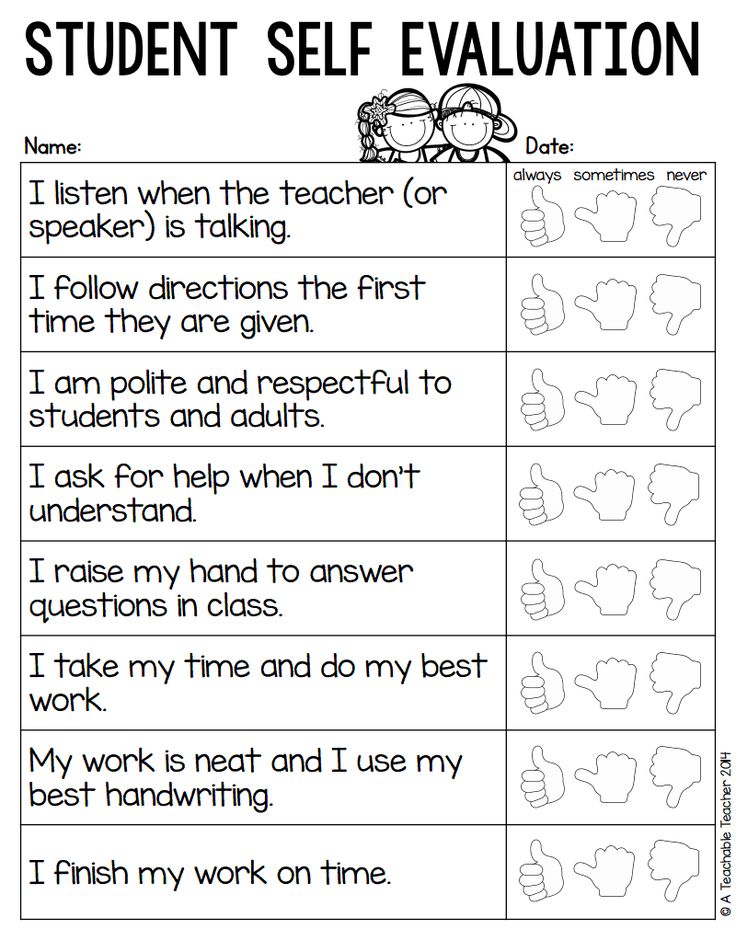
36. On all facts of non-acceptance or untimely adoption by responsible officials of measures for the placement of minors placed in the TsVNS, the commissions for minors and the protection of their rights under the executive authorities of the constituent entities of the Russian Federation and local self-government, as well as the prosecution authorities at the places of deployment of the TsVNS are immediately informed .
37. In order to deliver minors to the place of their accommodation, employees of the TsVNS carry out transportation of minors, both within the constituent entities of the Russian Federation and on the territory of the member states of the Commonwealth of Independent States 7 .
38. Minors who have received vouchers for placement in special educational and educational institutions of a closed type are sent to them accompanied by officials of the TsVSNP.
39. When escorting minors who have received the relevant documents to the place of their accommodation, officials of the TsVNP are guided by the Rules for escorting minors to their place of accommodation (Appendix No.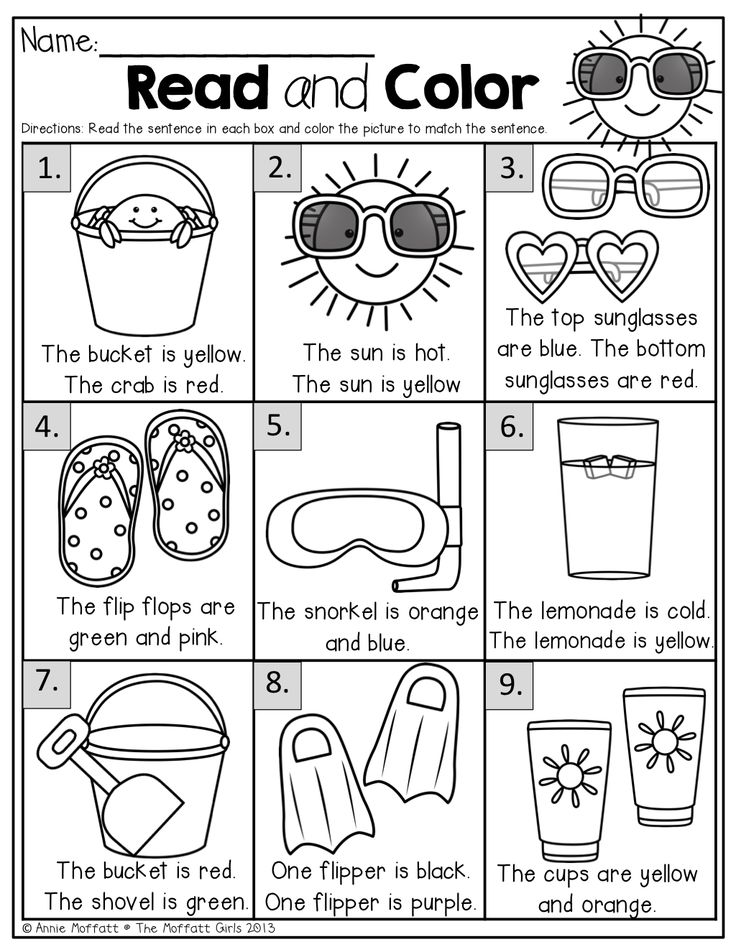 7 to this Instruction).
7 to this Instruction).
40. Transportation of minors who arbitrarily left special educational and educational institutions of a closed type and placed in the TsVSNP is carried out:
40.1. Within the limits of the subject of the Russian Federation - accompanied by representatives of special educational institutions of a closed type.
40.2. Within the territories of two or more constituent entities of the Russian Federation - accompanied by officials of the TsVSNP.
0155 8 .
42. Transit TsVSNP:
42.1. Within the regions assigned to them (Appendix N 9 to this Instruction), minors are directly delivered to the place of their placement or to the regional (district) TsVNS.
42.2. Under the established procedure, minor residents of the CIS member states are delivered to the relevant transit institutions of the CIS member states.
43. Minors are delivered to the place of placement or to the TsVNS at the regional (district) level, bypassing the transit TsVNS, in the following cases:
referrals to special educational institutions of a closed type;
if the TsVSNP and the place of placement of minors are located in the same subject of the Russian Federation;
if the place of detention of minors and the place of placement or TsVNS are located in different subjects of the Russian Federation, but the distance between them does not exceed 1000 kilometers, or if there is a direct transport connection not exceeding the specified distance.
44. In the absence of the CVSNP, minors are delivered directly to their place of residence for transfer to legal representatives - parents, adoptive parents or guardians.
In cases where the transfer of minors to parents or other legal representatives is not possible (their temporary absence at the place of residence, for health reasons, being in a state of alcoholic, narcotic or other toxic intoxication), officials of the TsVSNP carry out the transfer of minors to employees of the territorial bodies of the Ministry of Internal Affairs of Russia for former place of residence for the purpose of further transfer to parents or other legal representatives or other household device.
The transfer of minors to parents or other legal representatives, representatives of guardianship and guardianship agencies, social service institutions, children's institutions or other TsVNS is drawn up by acts on the transfer of minors, the acts are certified by the seal and signature of the head of TsVNP (Appendix N 8 to this Instruction).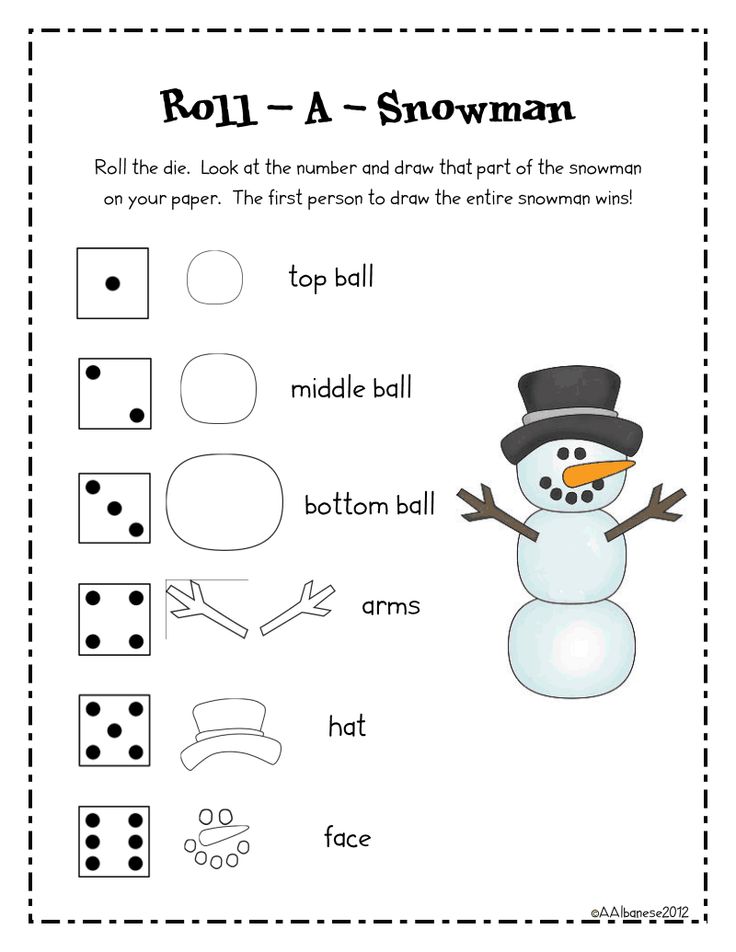
45. If it is necessary to issue documents in the embassies or consulates of the relevant states for the minors of the CIS countries to cross the border and deliver them to the state of permanent residence, the minors are sent to the Central Military and Non-Commercial Organization of the Main Directorate of the Ministry of Internal Affairs of Russia for Moscow.
Deliveries of minors to the TsVSNP of the Main Directorate of the Ministry of Internal Affairs of Russia for the city of Moscow are carried out within a period not exceeding 20 days before the expiration of the period of their detention specified in the judge's decision.
46. Heads of the CVSNP, if necessary, are obliged to provide recreation facilities in the CVSNP to officials accompanying minors.
persons of the TsVSNP accompanying minors in purchasing tickets for railway, water and air transport, as well as assist in the temporary protection of minors at transfer points and at the final destinations; take measures to search in the areas of operational service by the territorial bodies of the Ministry of Internal Affairs of Russia on rail, water and air transport of minors who escaped during transportation, deliver them to the nearest TsVSNP.
1 Further - "TSVNP".
2 TsVSNP of the territorial body of the Ministry of Internal Affairs of Russia at the district level is formed in the presence of the TsVNP existing at the regional level and their distance from each other at a distance of 200 kilometers.
3 Collection of Legislation of the Russian Federation, 2011, N 7, art. 900; N 27, art. 3880, 3881; No. 30, Art. 4595; No. 48, art. 6730; N 49, art. 7018, 7020; 7067; No. 50, Art. 7352; 2012, No. 20, Art. 3441.
4 Collection of Legislation of the Russian Federation, 1999, N 26, art. 3177; 2001, N 3, art. 216; 2003, N 28, Art. 2880; 2004, N 27, Art. 2711; No. 35, Art. 3607; No. 49, Art. 4849; 2005, N 1, art. 25; No. 17, Art. 1485; 2006, N 2, art. 174; 2007, N 27, art. 3215; No. 30, Art. 3808; N 31, Art. 4011; No. 49, Art. 6070; 2008, N 30, Art. 3616; 2009, N42, art. 4861; 2011, N 1, art. 39; No. 7, Art. 901; No. 49, Art. 7056. Further - "Federal Law "On the Fundamentals of the System for the Prevention of Neglect and Juvenile Delinquency".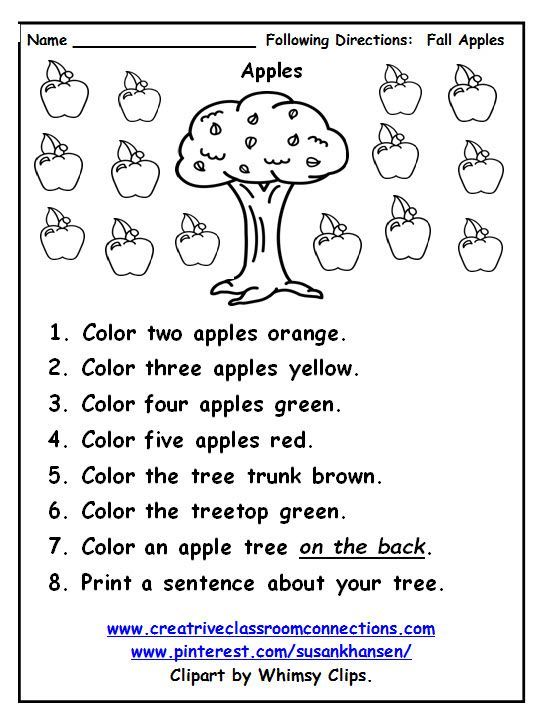
5 Gazette of the Congress of People's Deputies of the Russian Federation and the Supreme Council of the Russian Federation, 1992, No. 30, art. 1797; Collection of Legislation of the Russian Federation, 1996, N 3, Art. 150; 1997, N 47, art. 5341; 2000, No. 30, Art. 3120; No. 33, art. 3348; No. 44, Art. 4399; 2001, N 1, art. 2; No. 53, art. 5030; 2002, N 52, Art. 5132; No. 30, Art. 3029, 2003, N 2, art. 163; No. 26, Art. 2517; No. 28, Art. 2892; No. 50, Art. 4855; No. 52, Art. 5038; 2004, N 10, art. 835; No. 27, Art. 2714; No. 30, Art. 3086; No. 35, Art. 3607; 2005, No. 19, Art. 1752; No. 30, Art. 3103; No. 30, Art. 3111; 2006, N 1, art. ten; No. 12, art. 1235; No. 29, Art. 3122; No. 45, Art. 4627; No. 50, Art. 5285; 2007, N 1, art. 5; N 1, Art. 21; N 2, art. 360; No. 7, Art. 834; No. 7, Art. 838; No. 17, Art. 1932; N 27, art. 3213, 3215; No. 30, Art. 3808, No. 43, art. 5084; No. 44, Art. 5280; N 49, art. 6068, 6069, 6070, 6074; 2008, N 9, Art. 813; No. 17, Art. 1757; No.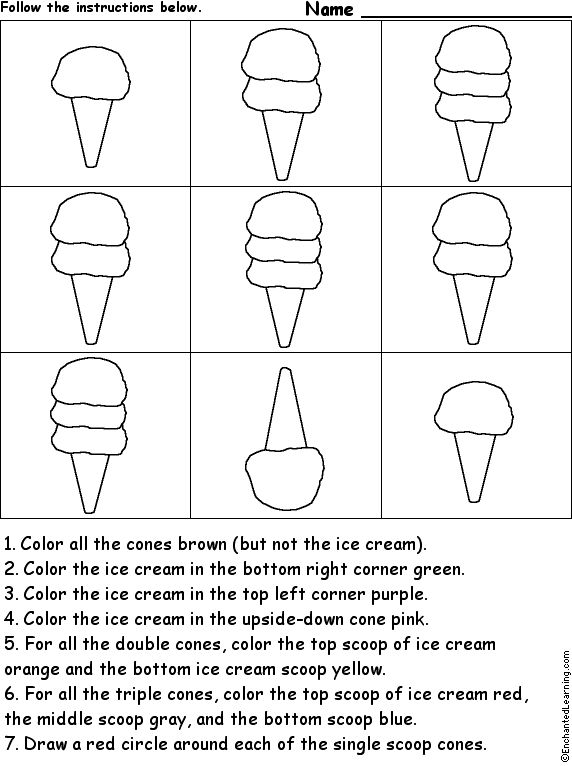 30, Art. 3616; No. 44, Art. 4986; N 52, art. 6236, 6241; 2009, N 7, art. 786; 787; No. 29, art. 3585; No. 46, art. 5419; No. 51, Art. 6158; N 52, art. 6405, 6441, 6450; 2010, No. 19, Art. 2291; No. 25, art. 3072; N 31, Art. 4184; No. 40, art. 4969; No. 46, art. 5918; No. 50, Art. 6595; 2011, N 1, art. 40, 51; No. 6, Art. 793; No. 23, art. 3261; No. 25, art. Art. 3537, 3538; N 27, art. 3871; 3880; No. 30, Art. 4590; No. 46, art. 6408; No. 47, art. 6608; N 49, art. 7061, 7063; 2012, N 10, art. 1158, 1159; No. 14, art. 1551; No. 29, art. 3991.
30, Art. 3616; No. 44, Art. 4986; N 52, art. 6236, 6241; 2009, N 7, art. 786; 787; No. 29, art. 3585; No. 46, art. 5419; No. 51, Art. 6158; N 52, art. 6405, 6441, 6450; 2010, No. 19, Art. 2291; No. 25, art. 3072; N 31, Art. 4184; No. 40, art. 4969; No. 46, art. 5918; No. 50, Art. 6595; 2011, N 1, art. 40, 51; No. 6, Art. 793; No. 23, art. 3261; No. 25, art. Art. 3537, 3538; N 27, art. 3871; 3880; No. 30, Art. 4590; No. 46, art. 6408; No. 47, art. 6608; N 49, art. 7061, 7063; 2012, N 10, art. 1158, 1159; No. 14, art. 1551; No. 29, art. 3991.
6 Registered with the Ministry of Justice of Russia on June 20, 2012, registration N 24633.
7 Further - "CIS".
8 The list of transit institutions, including transit TsVNS, through which the interstate transportation of minors returned to their places of permanent residence is established, is established by the Agreement on Cooperation of the States Members of the Commonwealth of Independent States in matters of the return of minors to their states of permanent residence dated October 7, 2002.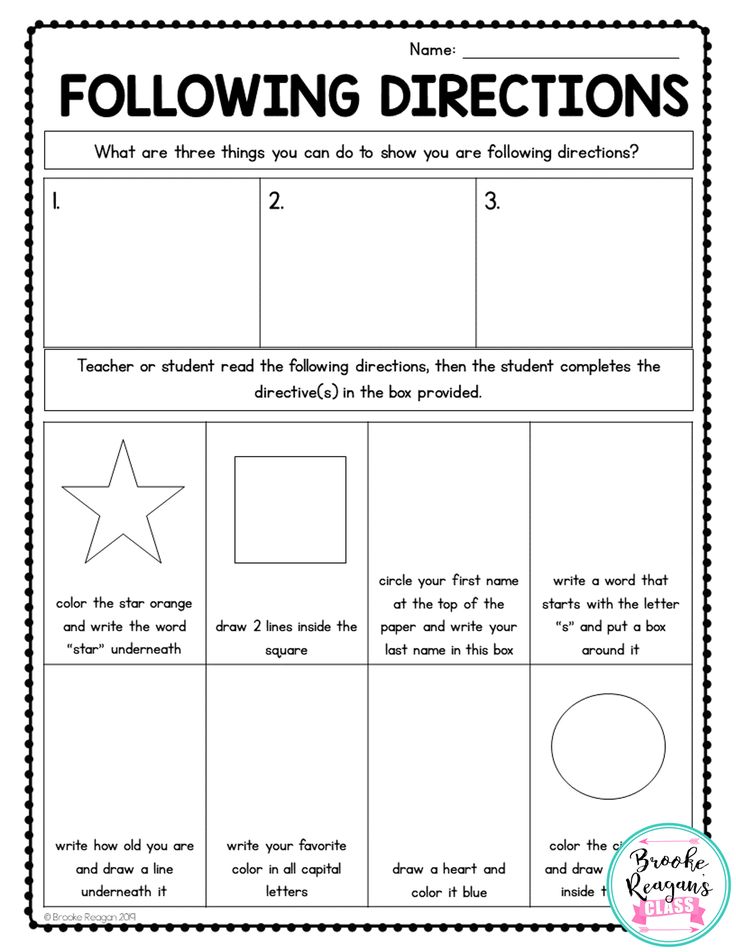 This Agreement was ratified by Federal Law No. 81-FZ of June 9, 2006 (Sobranie Zakonodatelstva Rossiyskoy Federatsii, 2006, No. 24, Art. 2556).
This Agreement was ratified by Federal Law No. 81-FZ of June 9, 2006 (Sobranie Zakonodatelstva Rossiyskoy Federatsii, 2006, No. 24, Art. 2556).
Appendix N 7 to Instruction
Rules for escorting minors to their place of accommodation
for 1 - 2 minors - 1 - 2 accompanying persons;
for 3 - 6 minors - 2 - 4 accompanying persons;
for 7 - 10 minors - 4 - 7 accompanying persons.
If 2 or more employees are involved in the escort, the head of the group is assigned. By order of the head of the TsVSNP, the composition and senior of the escort group are approved, and the duration of the trip is determined.
2. Accompaniment of minors from the TsVNS to the place of their further accommodation and residence is carried out on the basis of:
the order of the head of the TsVNS on their return (delivery) to their parents or legal representatives, to special educational institutions of a closed type, other specialized institutions for minors;
accompanying travel certificate;
the act of transfer of minors from the CVSNP, in which they are located, to accompanying persons;
act of transfer of minors, drawn up by the senior inspector (inspector) of the TsVNP (indicating the date of receipt of the minor, the incoming number and the full text of the response information confirming the address of residence of minors, their parents or legal representatives, the address of the location of a specialized institution for minors), parents or legal representatives, the administration of a specialized institution for minors.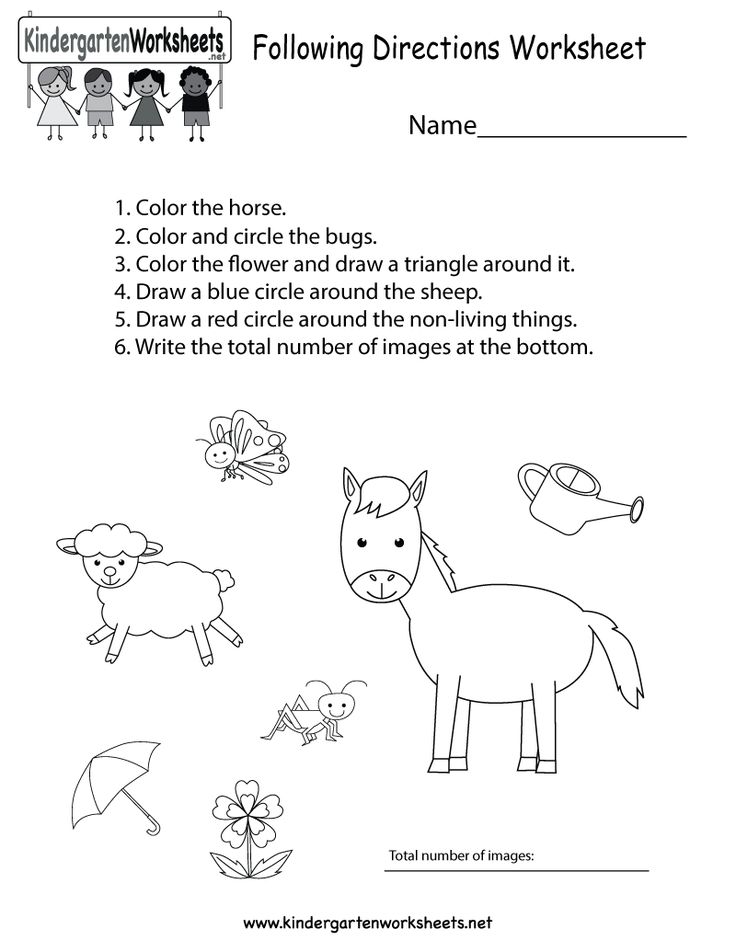 Personal belongings, documents, valuables and other property of a minor are indicated.
Personal belongings, documents, valuables and other property of a minor are indicated.
The act is signed by the head of the TsVSNP and certified with a seal.
3. Departure of employees of the TsVSNP on business trips outside the boundaries of the subject of the Russian Federation is carried out in accordance with the established procedure.
4. The head of the TsVSNP or his deputy must conduct briefings (specify the tasks, methods and terms for completing the task of delivering minors to the place of placement, the procedure for interacting with internal affairs bodies and other departments), give an order to accompany minors who are to be delivered to the place of their further installation.
5. On the eve of the departure of minors from the CVSNP, the senior inspector (inspector) of the CVSNP prepares the necessary documentation for each minor to be taken to the place of further placement, an application for vehicles.
6. The escort should go to the group where the minor is.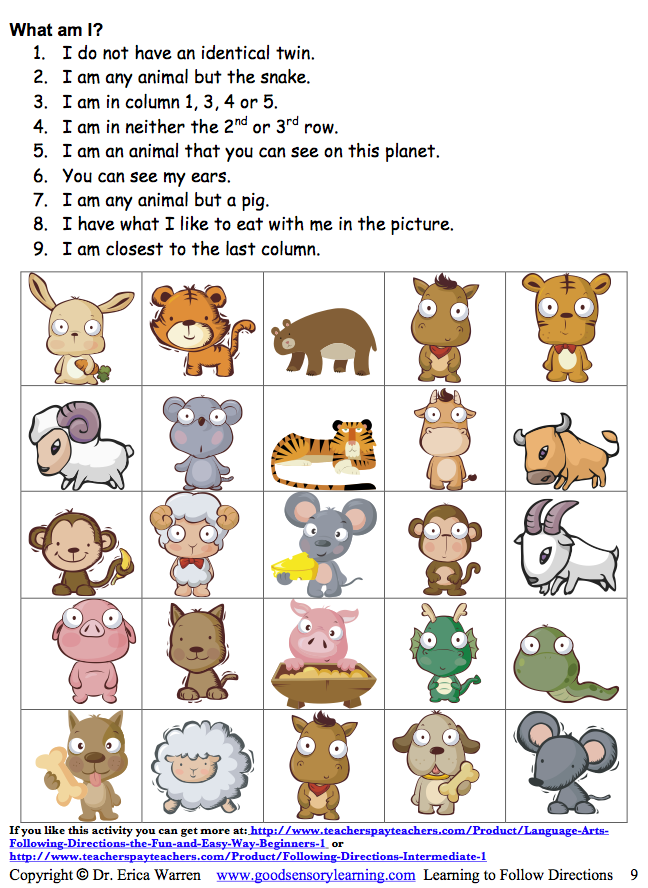 Having received an accounting and statistical file for a minor, he gets to know him, checks the correctness of registration, talks with the educator in order to obtain additional information characterizing the minor. Conducts an individual conversation with a minor, finds out the state of his health, mood. In the duty unit of the Central Air Commissariat, the accompanying person receives and checks his personal belongings (objects and valuables) in the presence of the minor.
Having received an accounting and statistical file for a minor, he gets to know him, checks the correctness of registration, talks with the educator in order to obtain additional information characterizing the minor. Conducts an individual conversation with a minor, finds out the state of his health, mood. In the duty unit of the Central Air Commissariat, the accompanying person receives and checks his personal belongings (objects and valuables) in the presence of the minor.
7. Personal belongings belonging to a minor, the accompanying person receives and transfers according to the act of the administration of the specialized institution for minors who accepted the minor, or against receipt to parents or other legal representatives.
8. Minors are provided with food or money for the period of following the established norms. If necessary, minors may be given clothing and footwear according to the season.
9. In order to prevent unauthorized departures, emergencies, the accompanying person is obliged to know the basic information that characterizes the personality of the minor, the features of his behavior.

